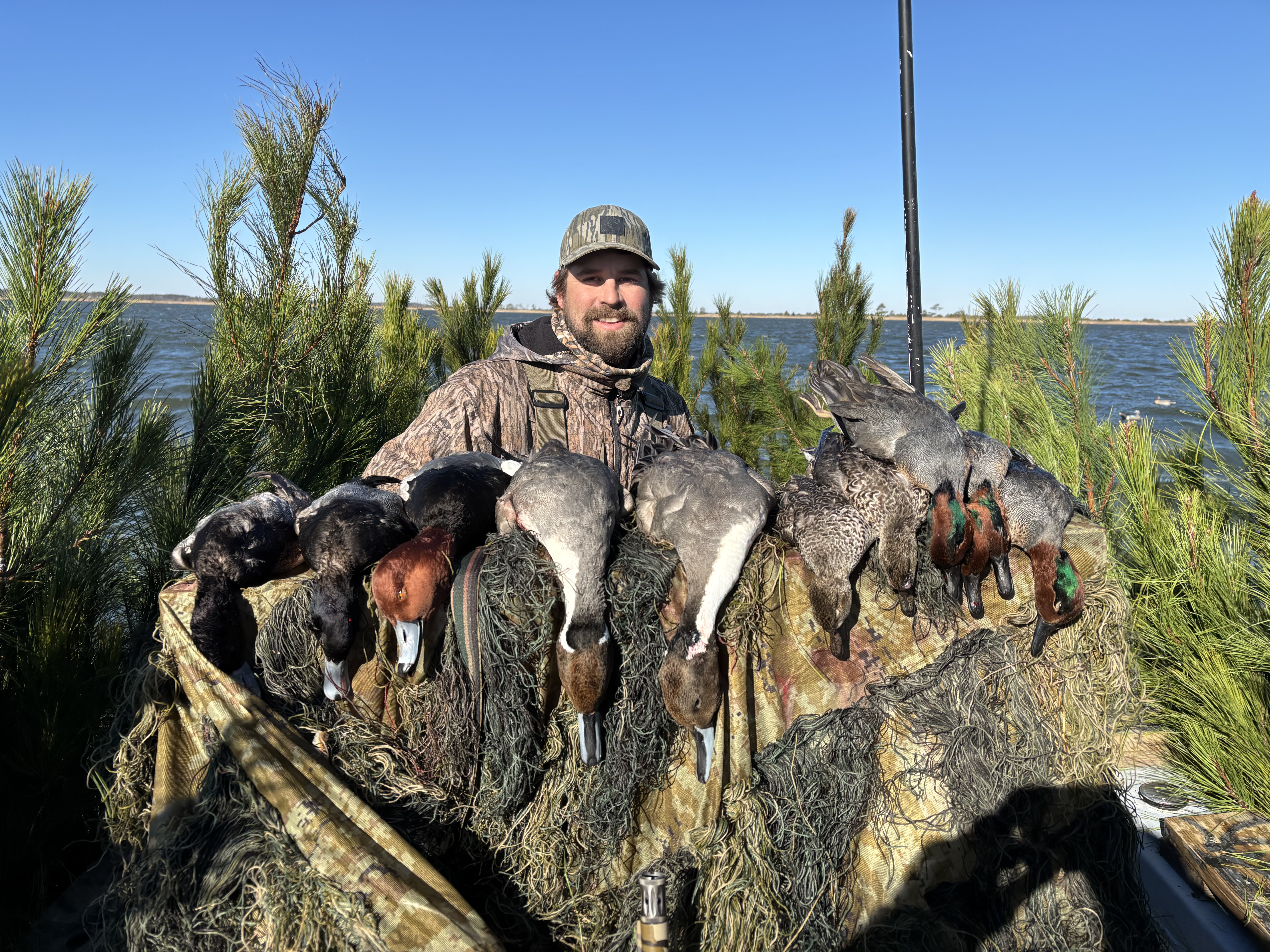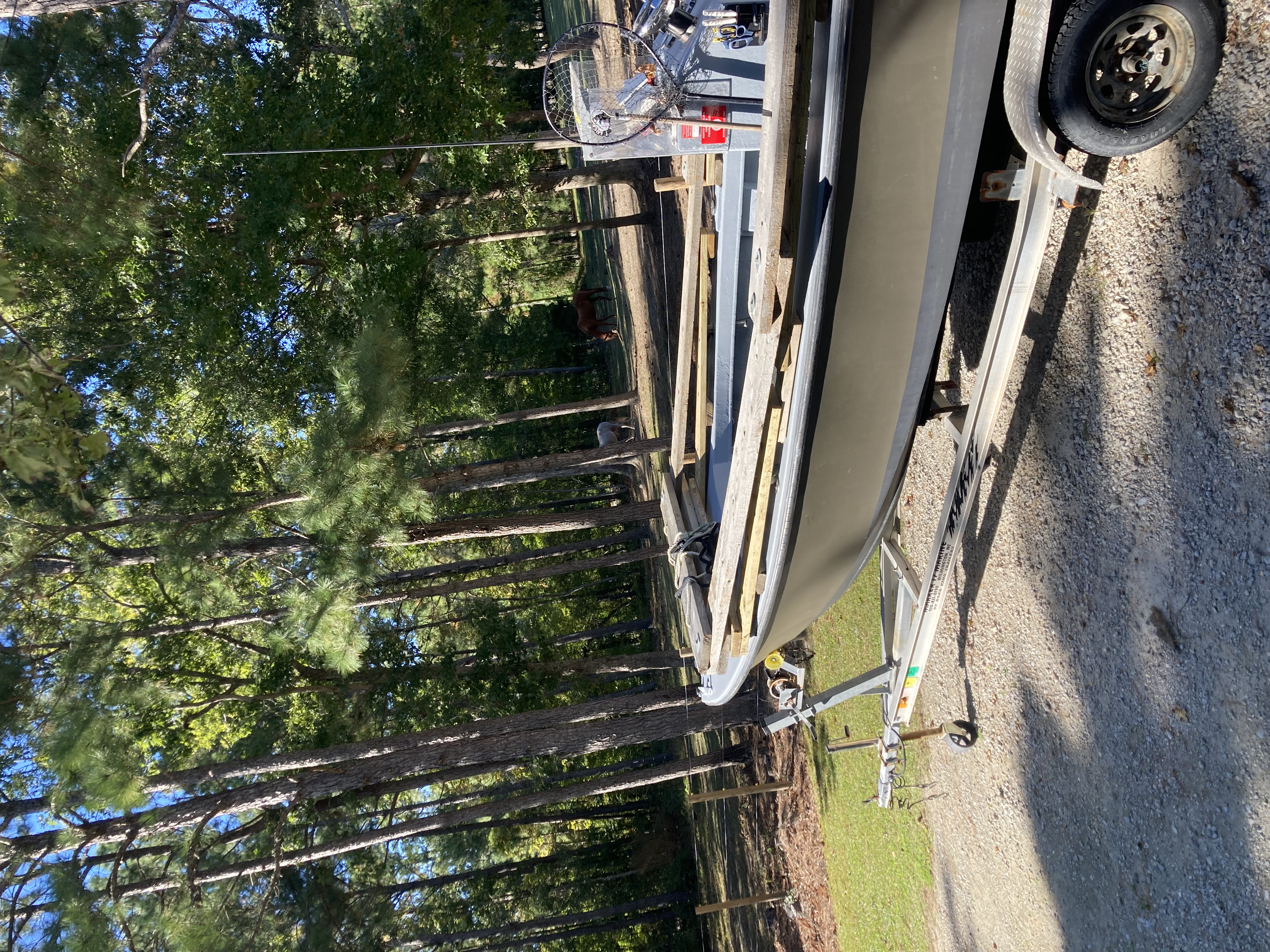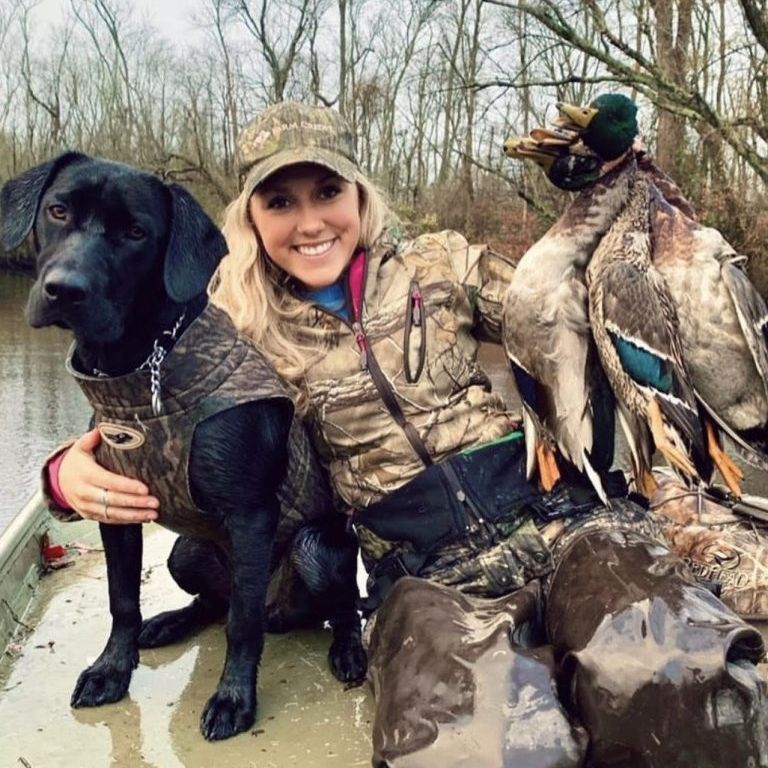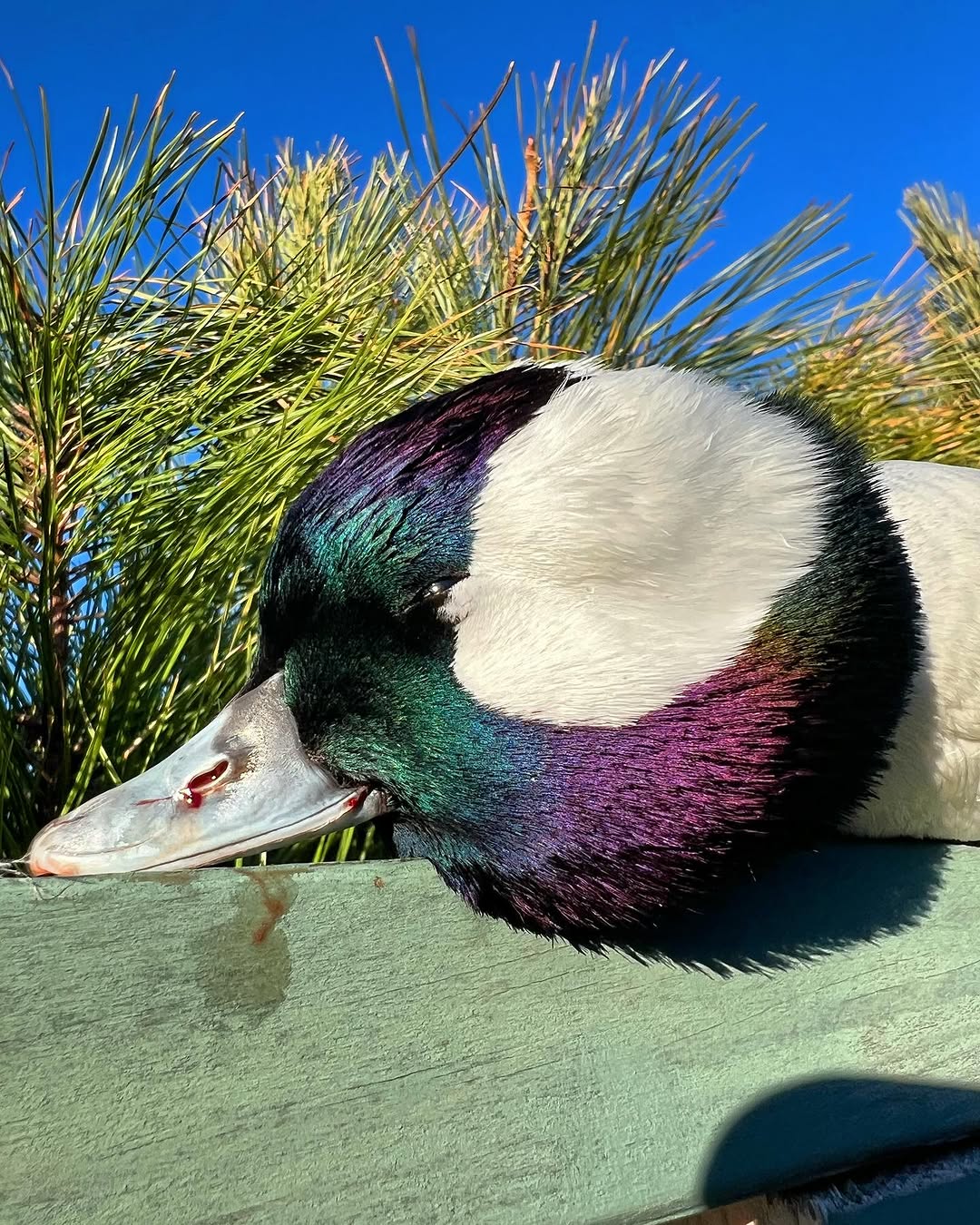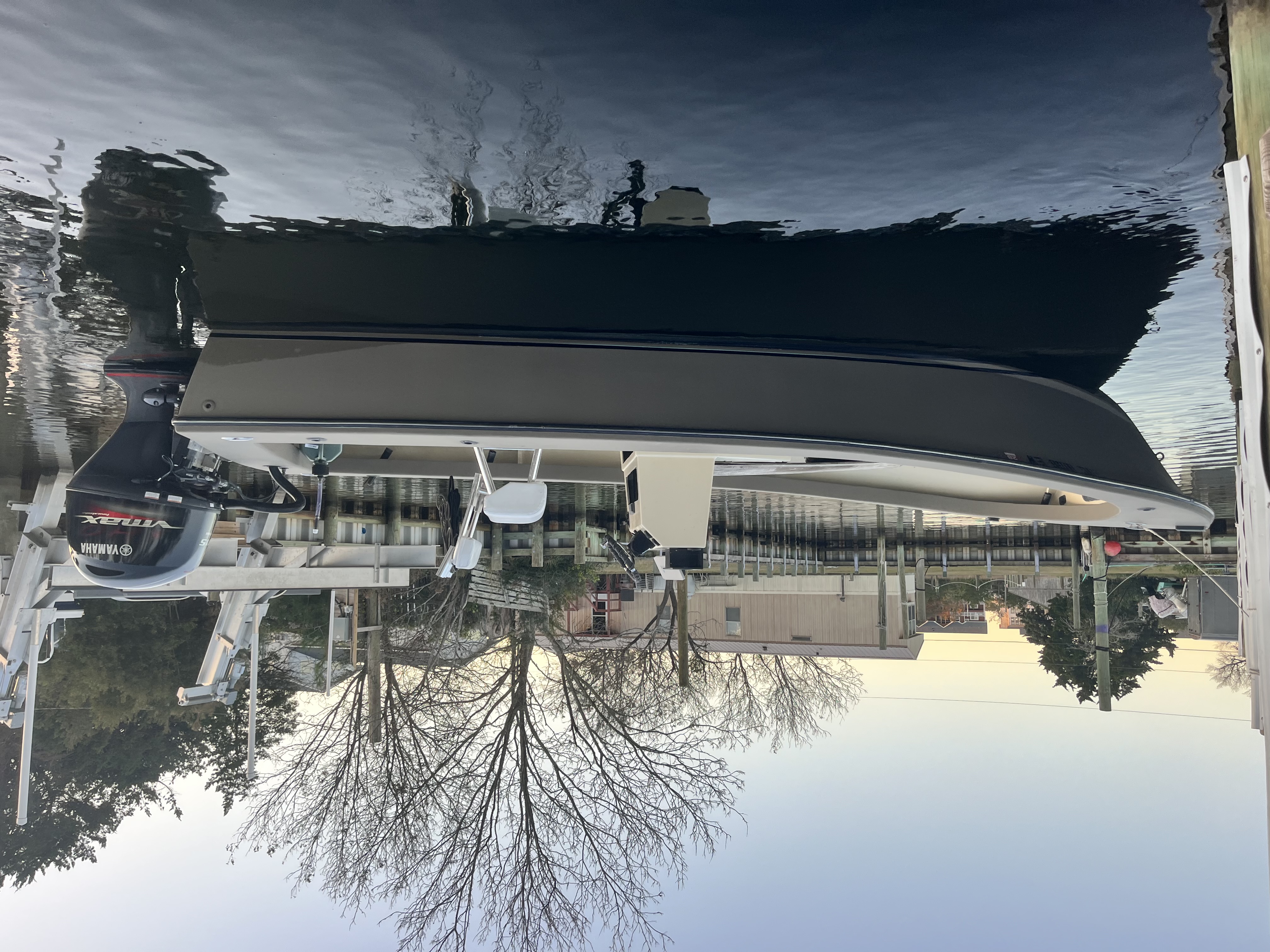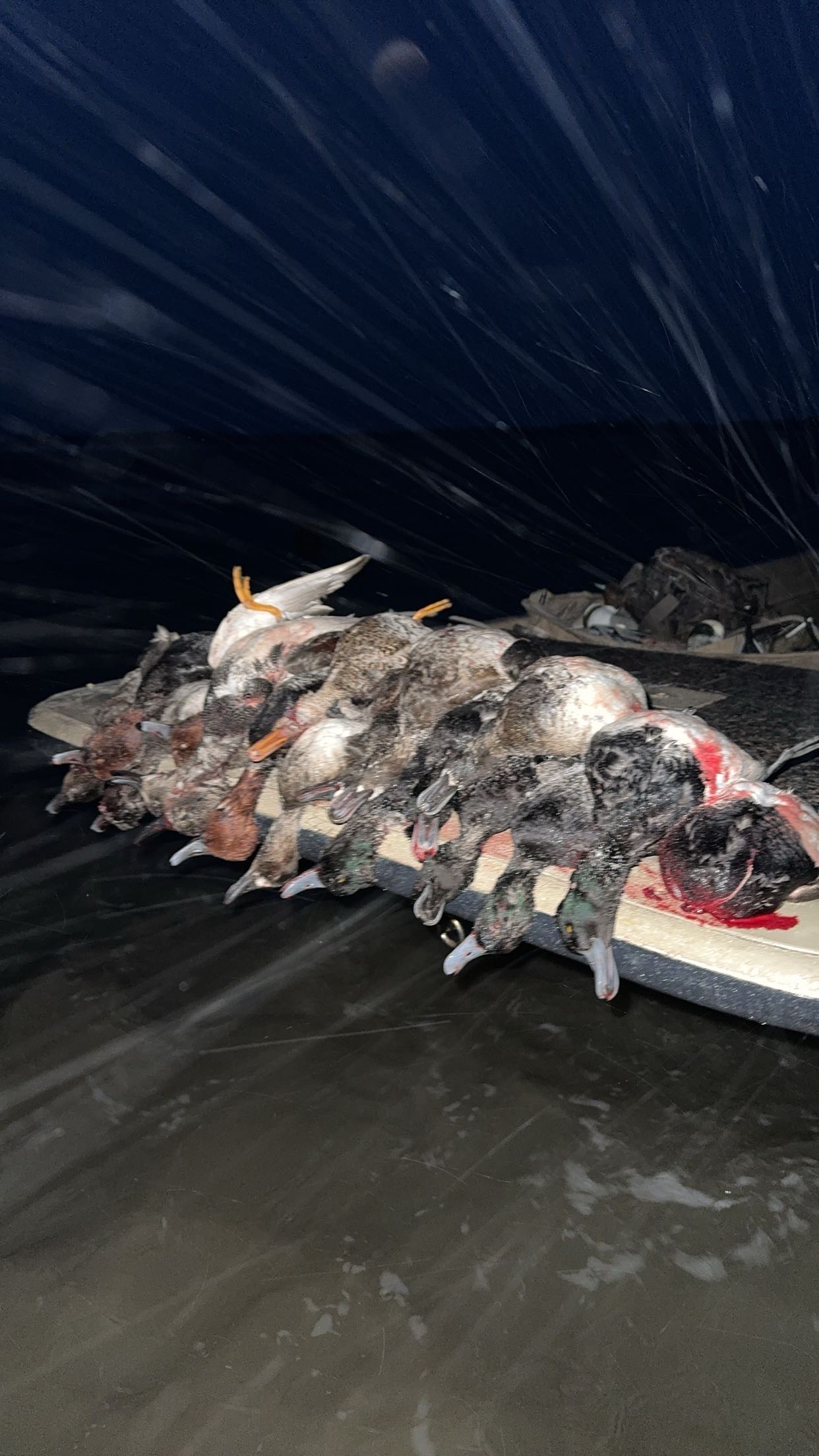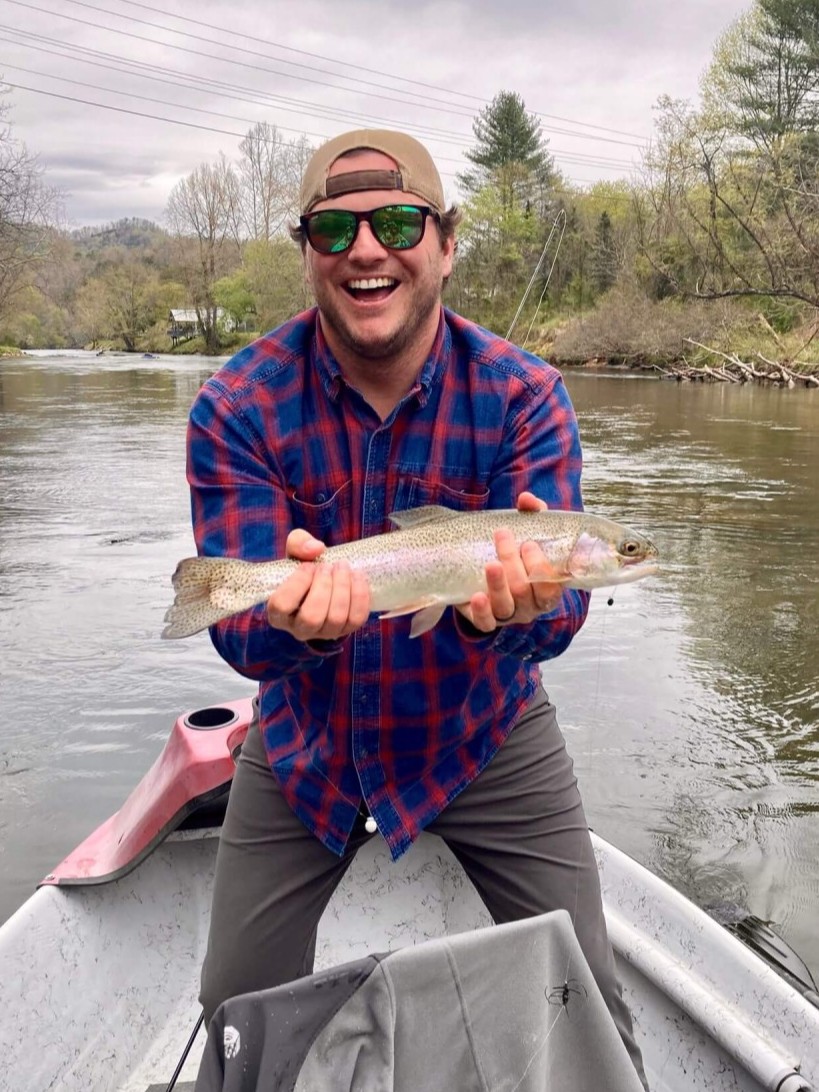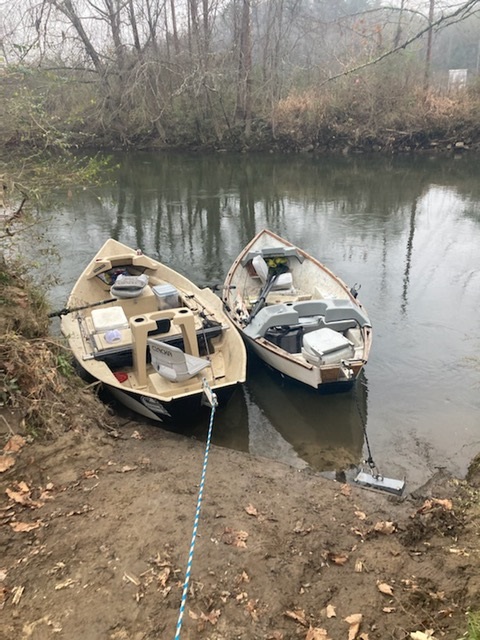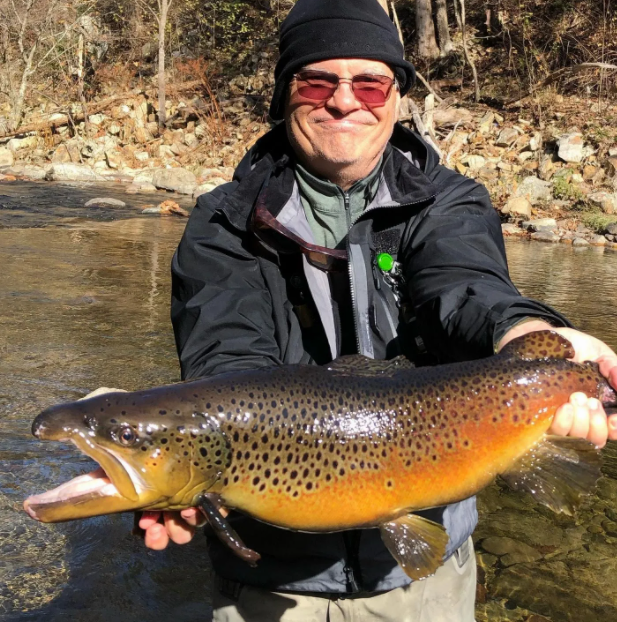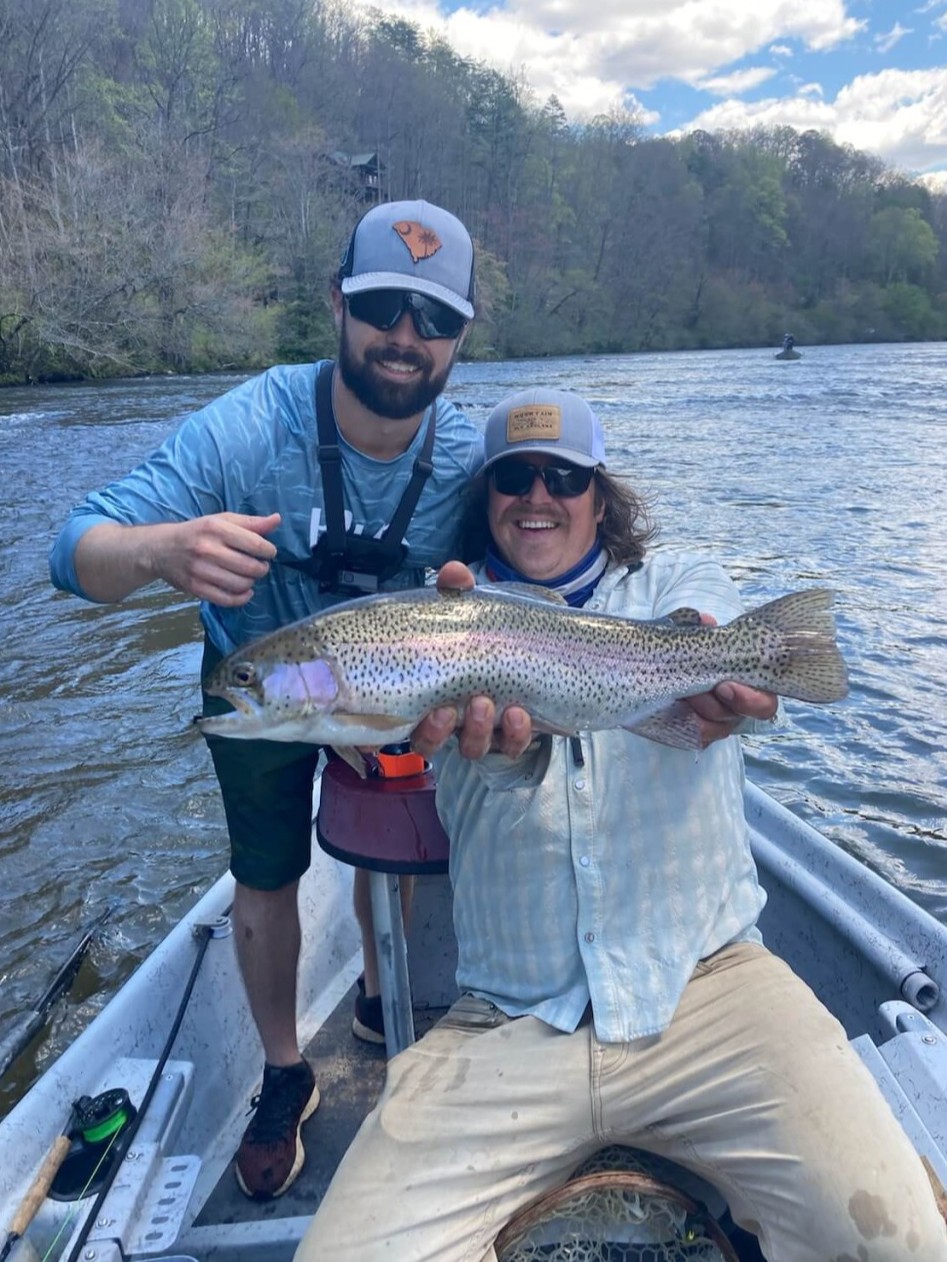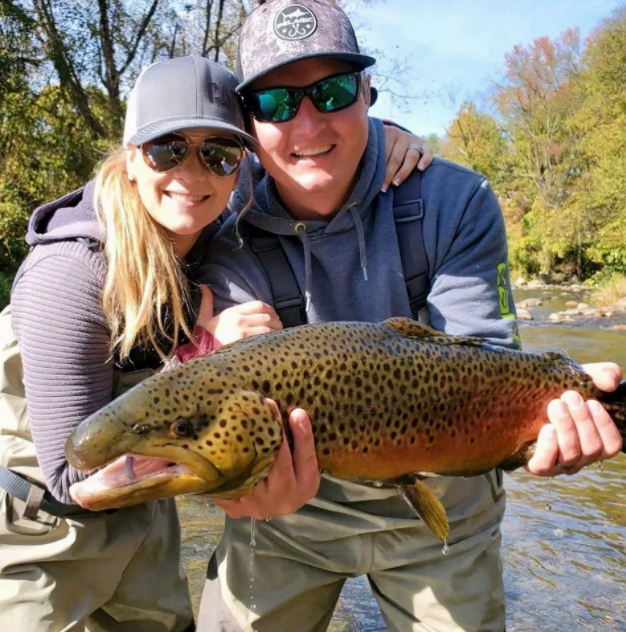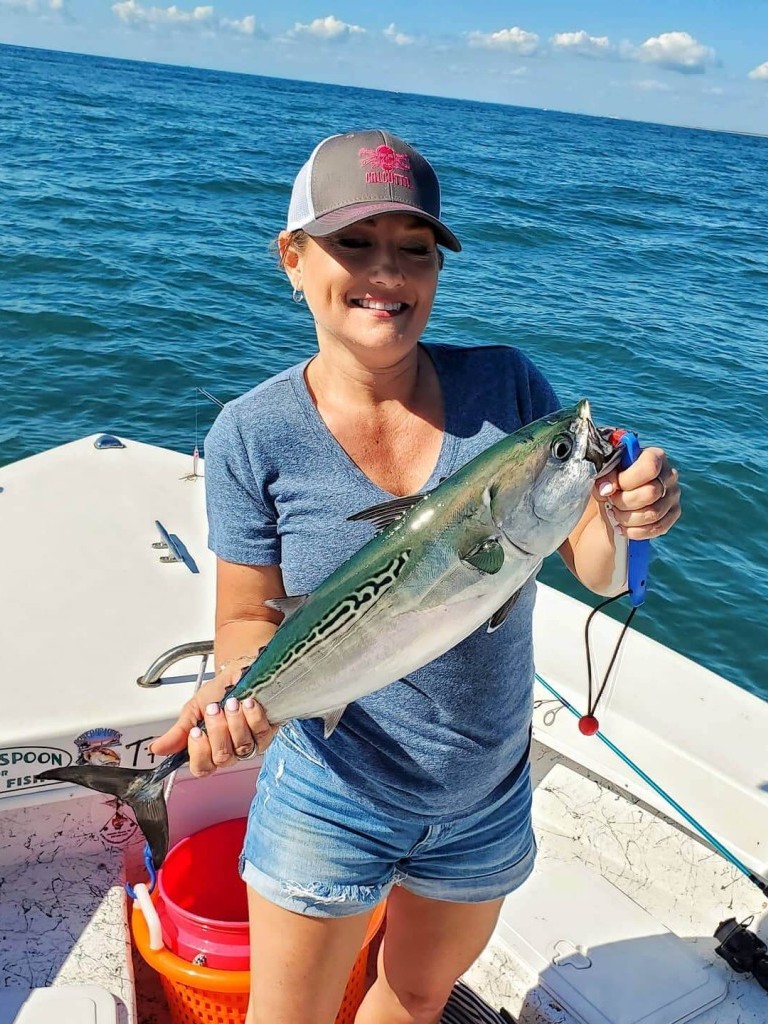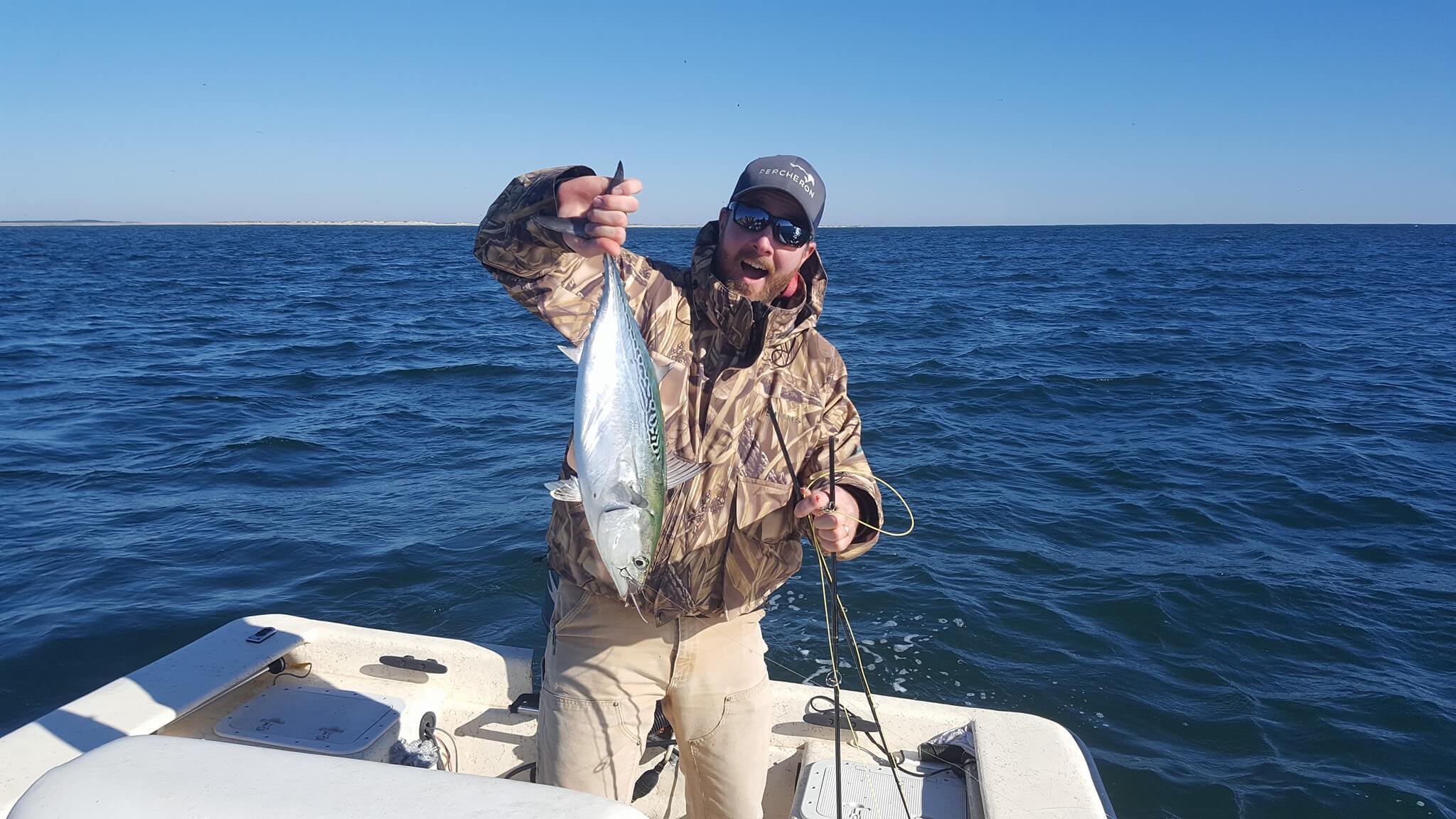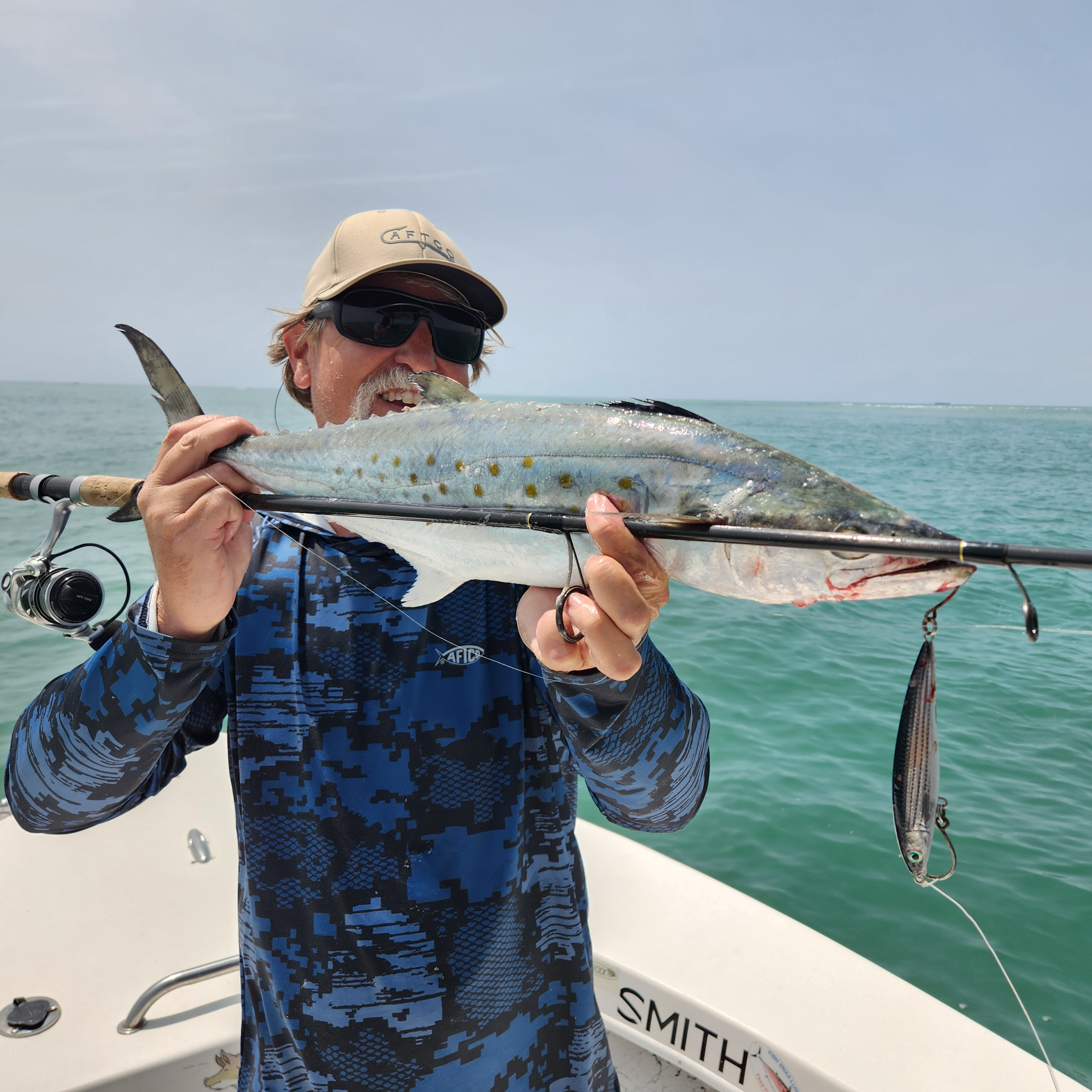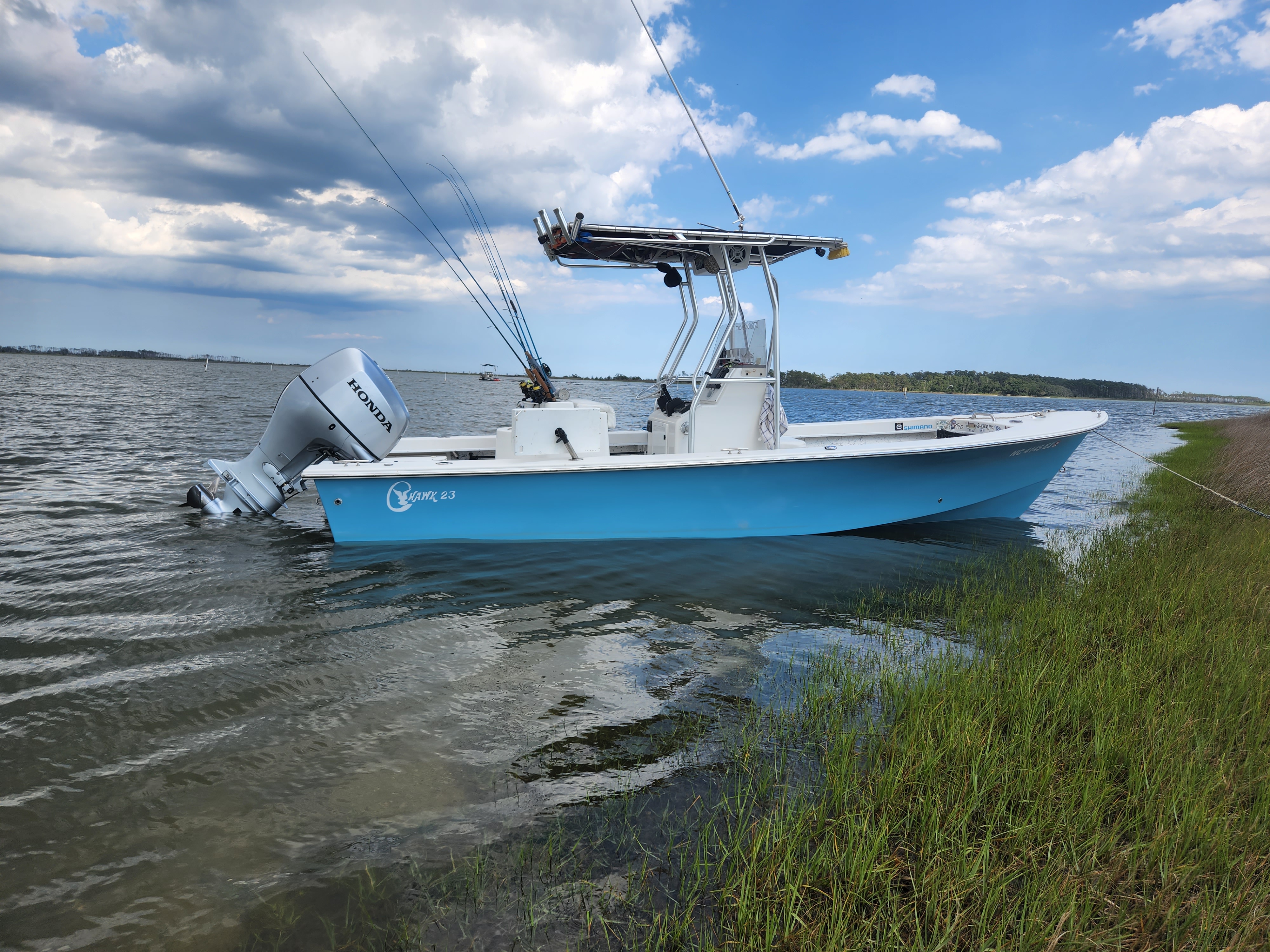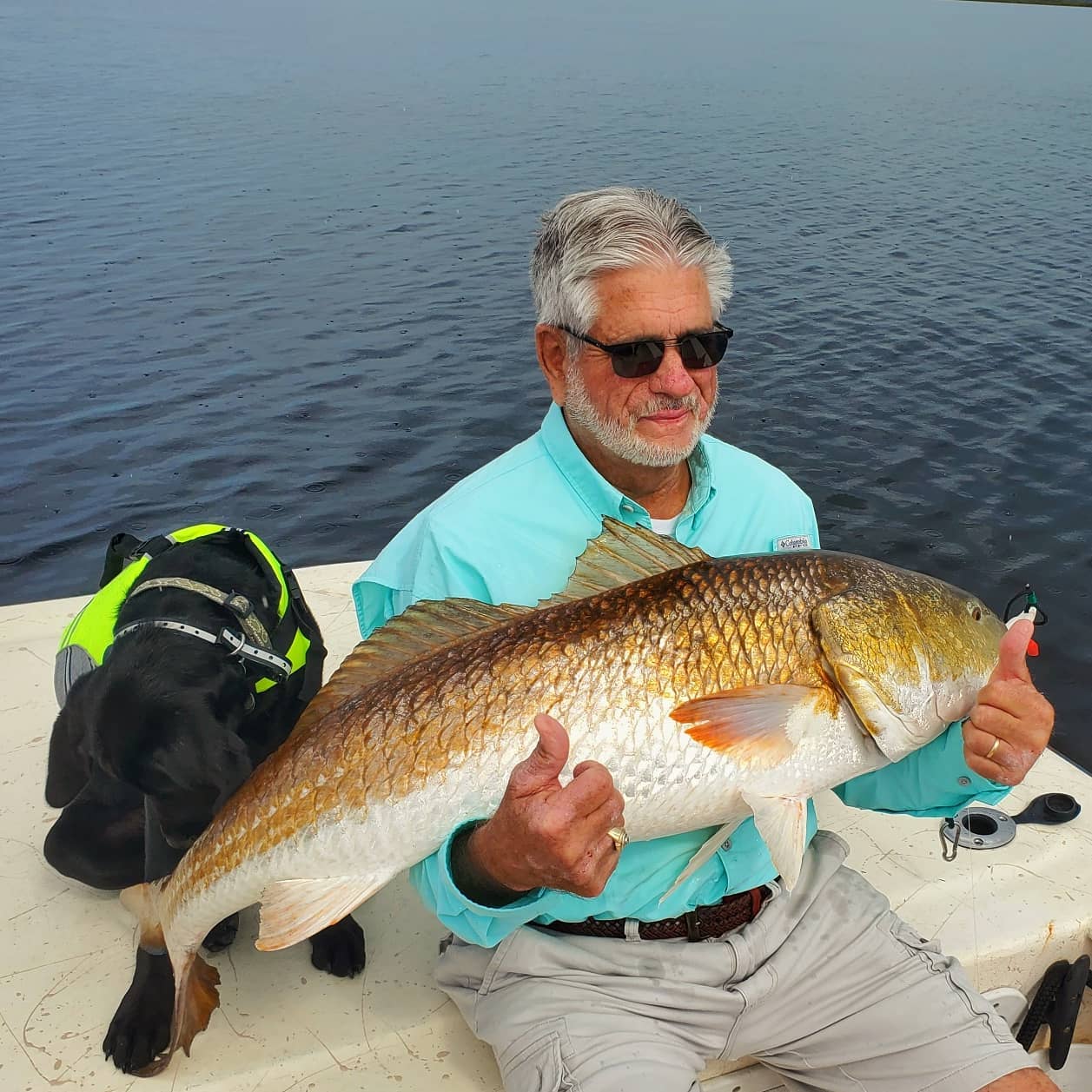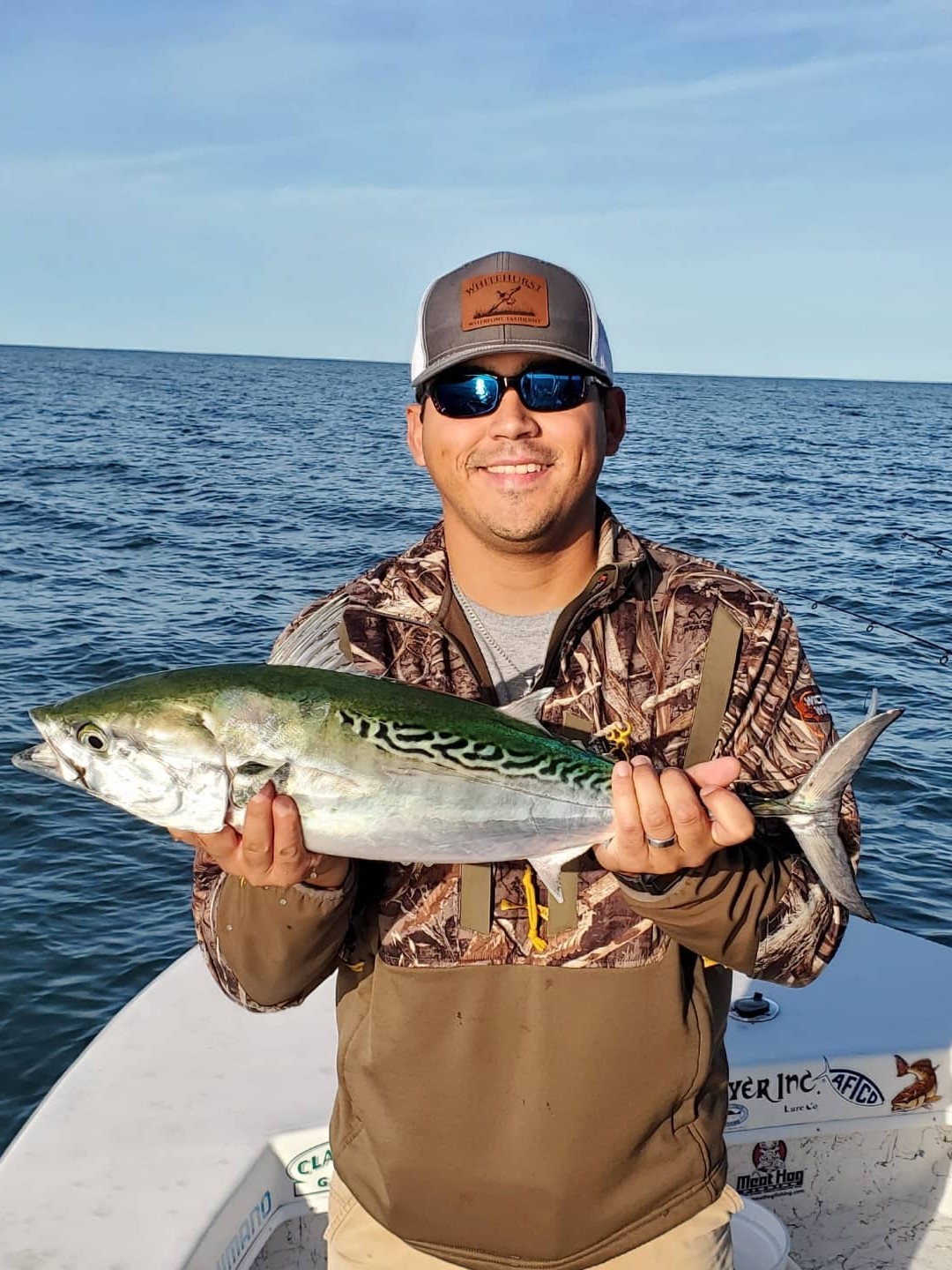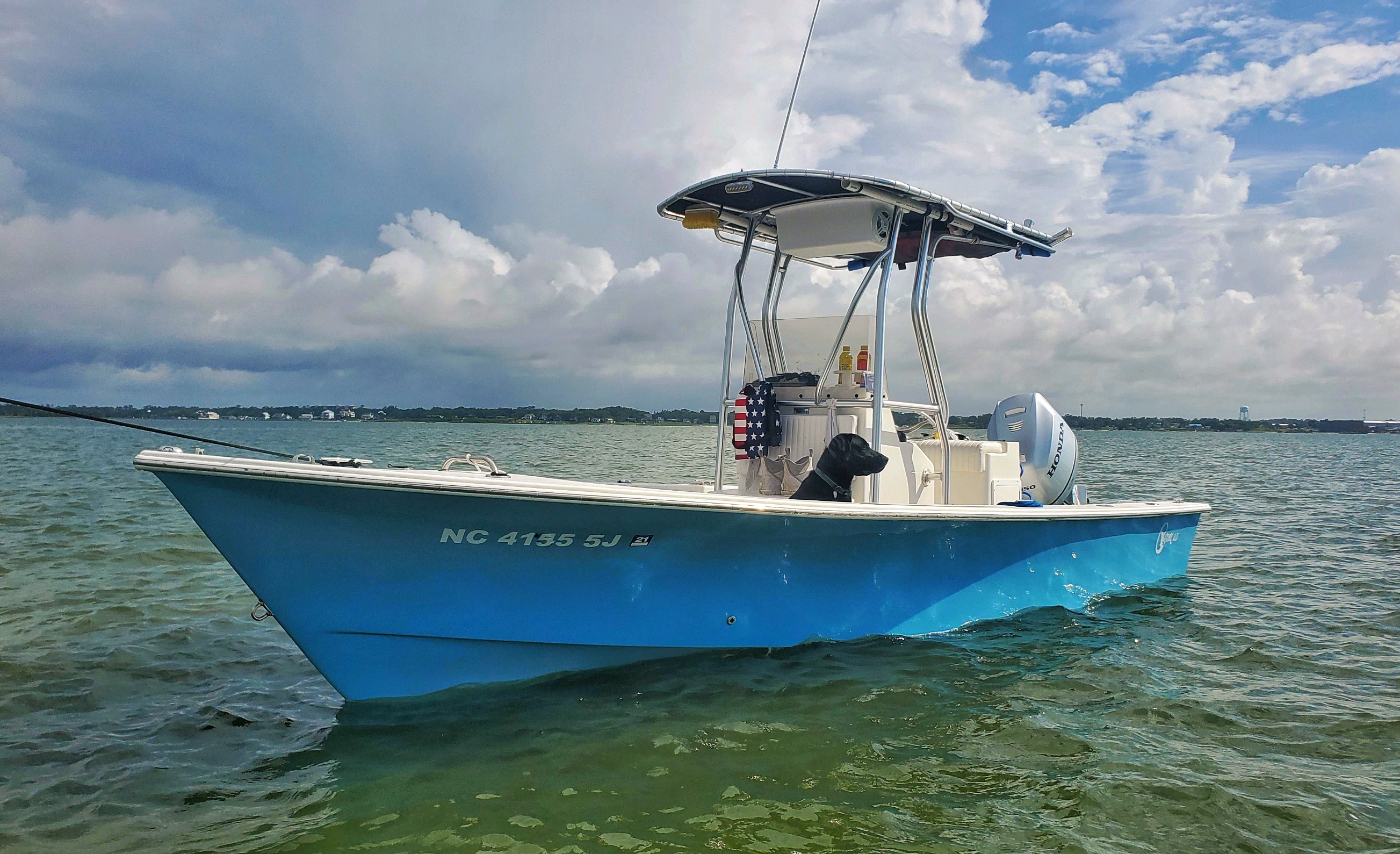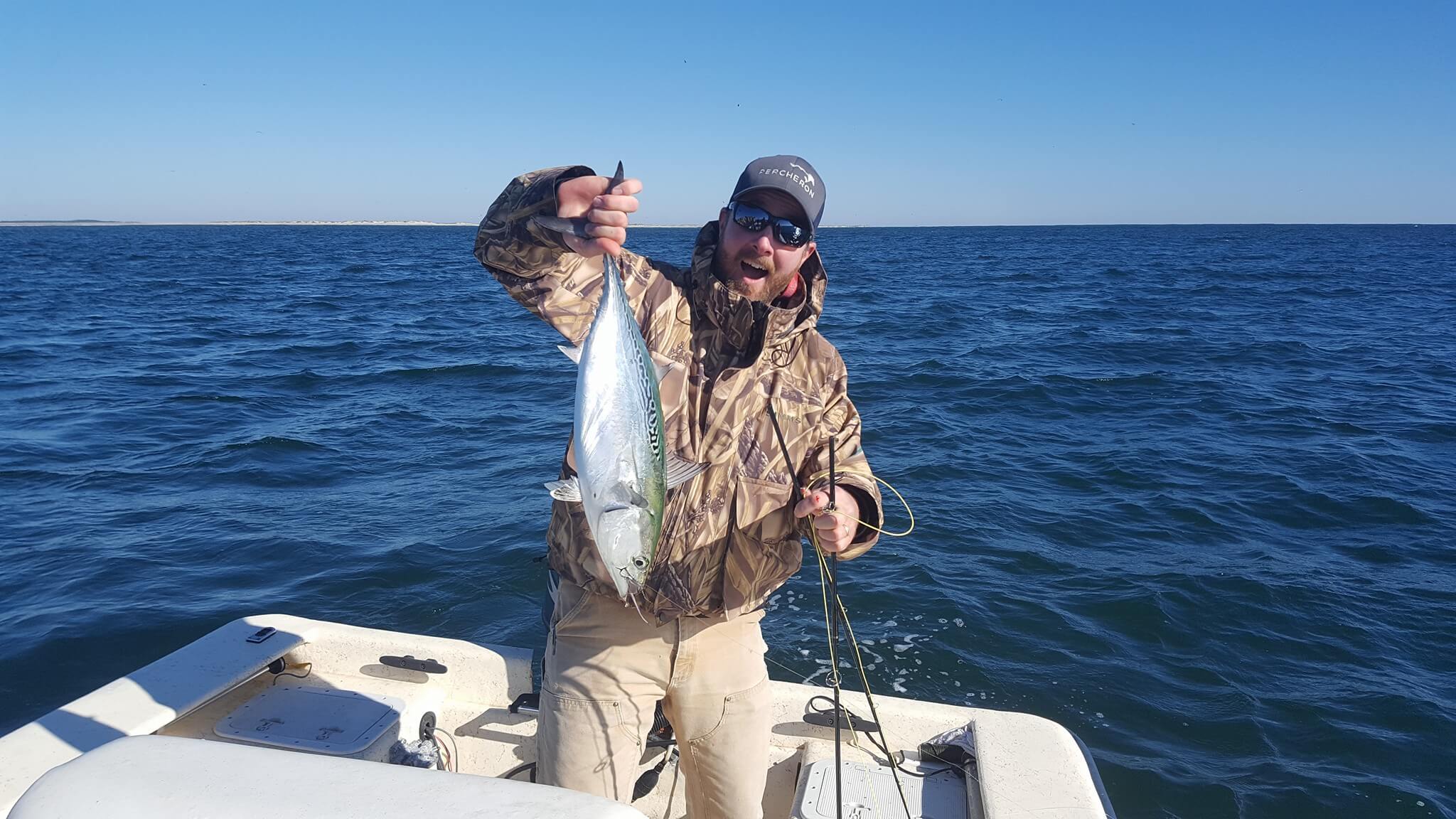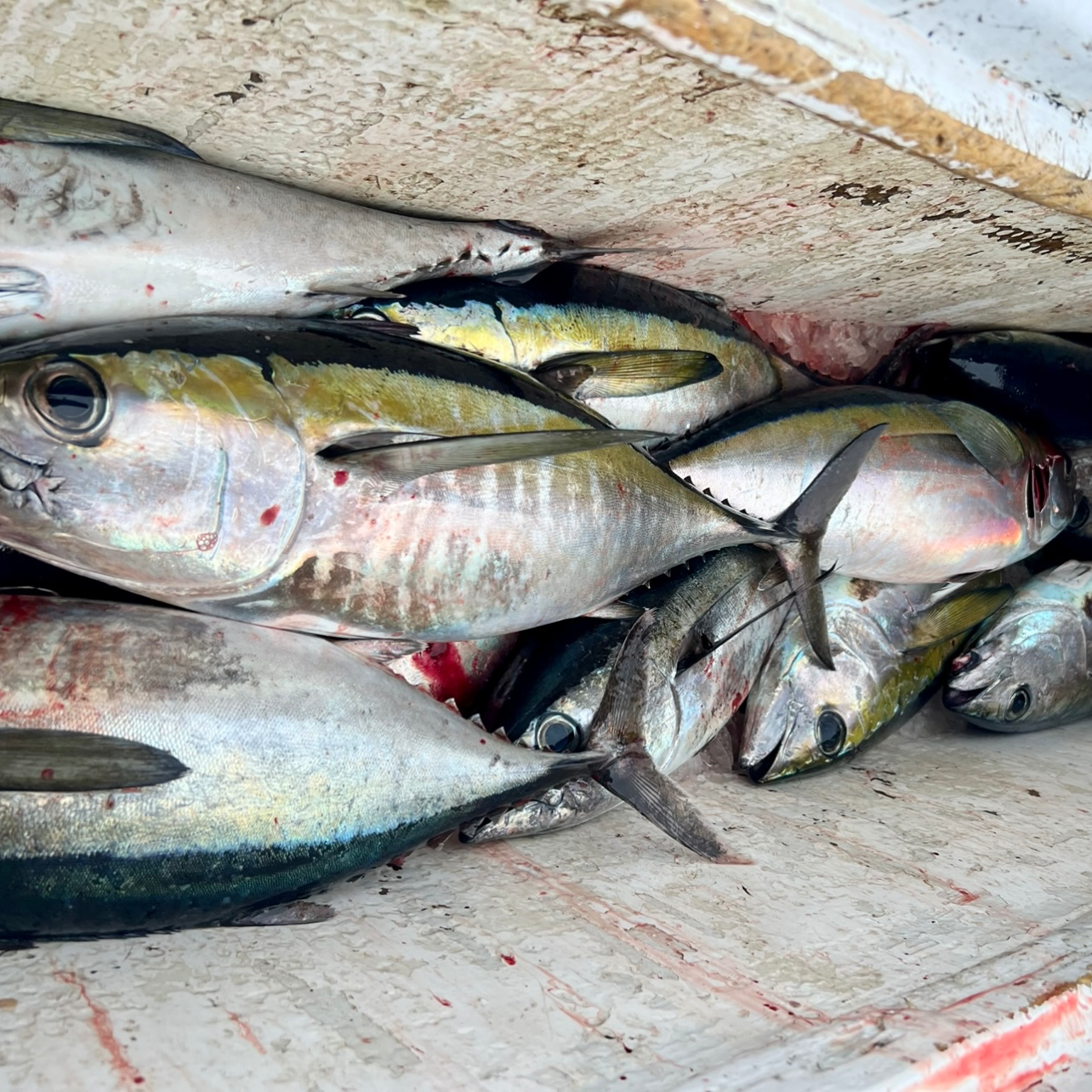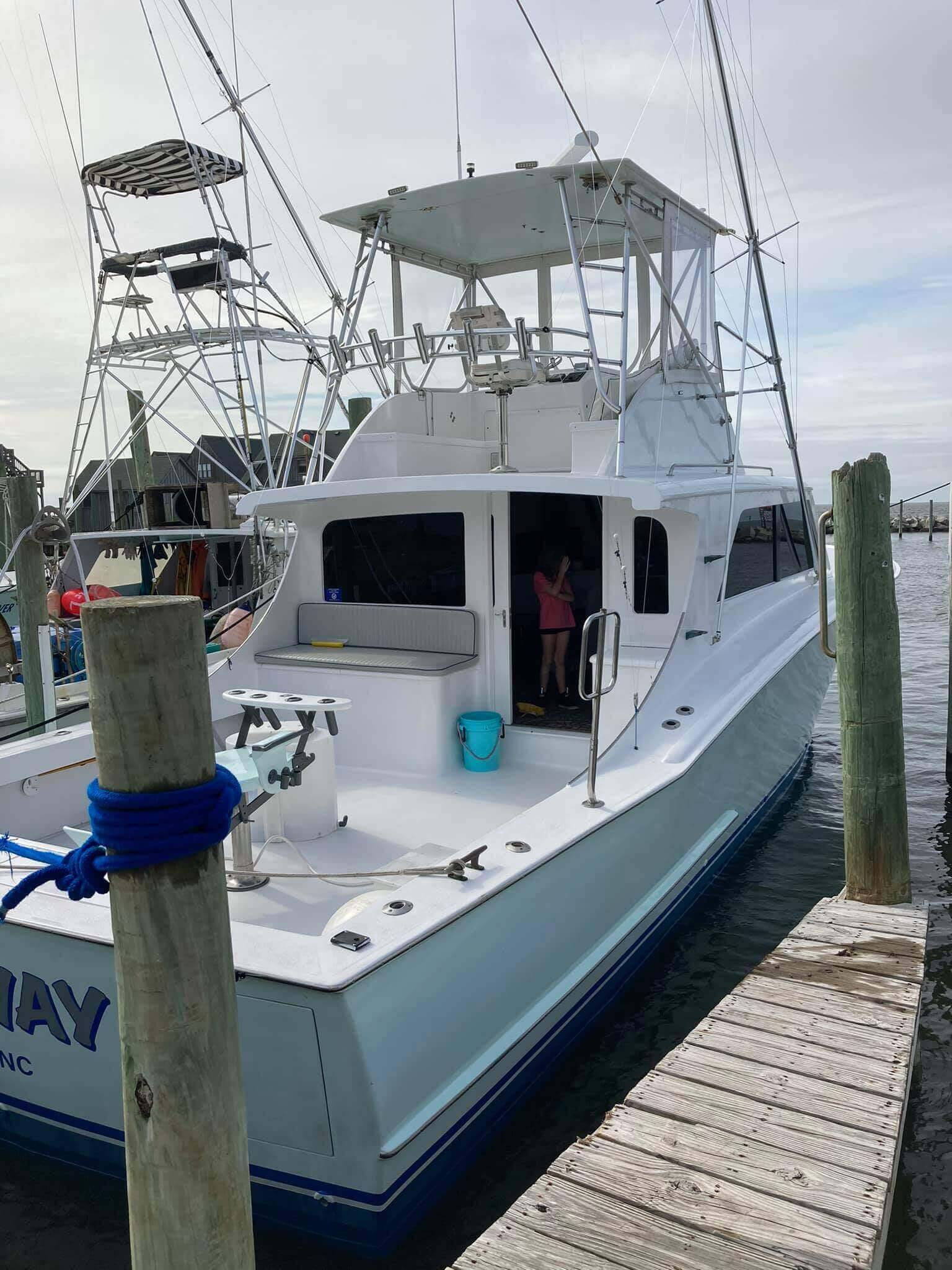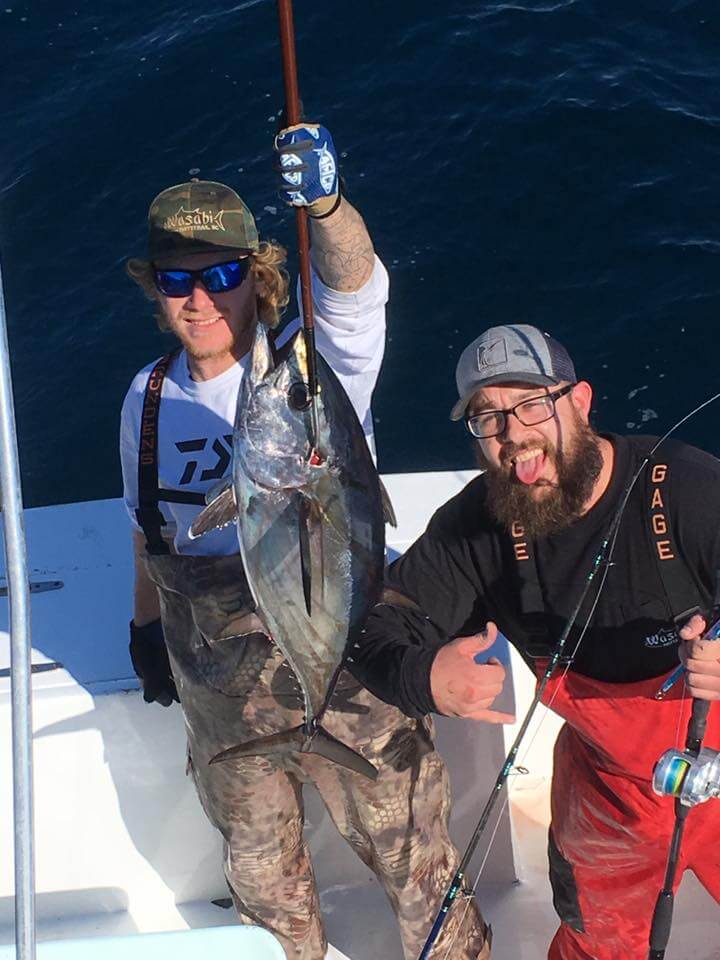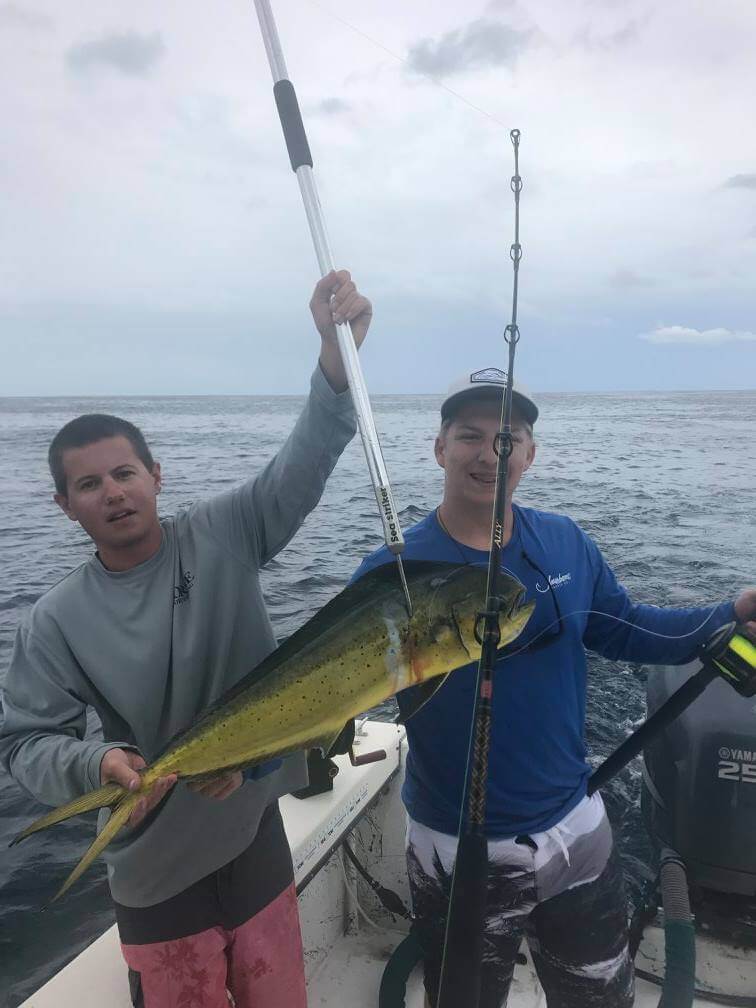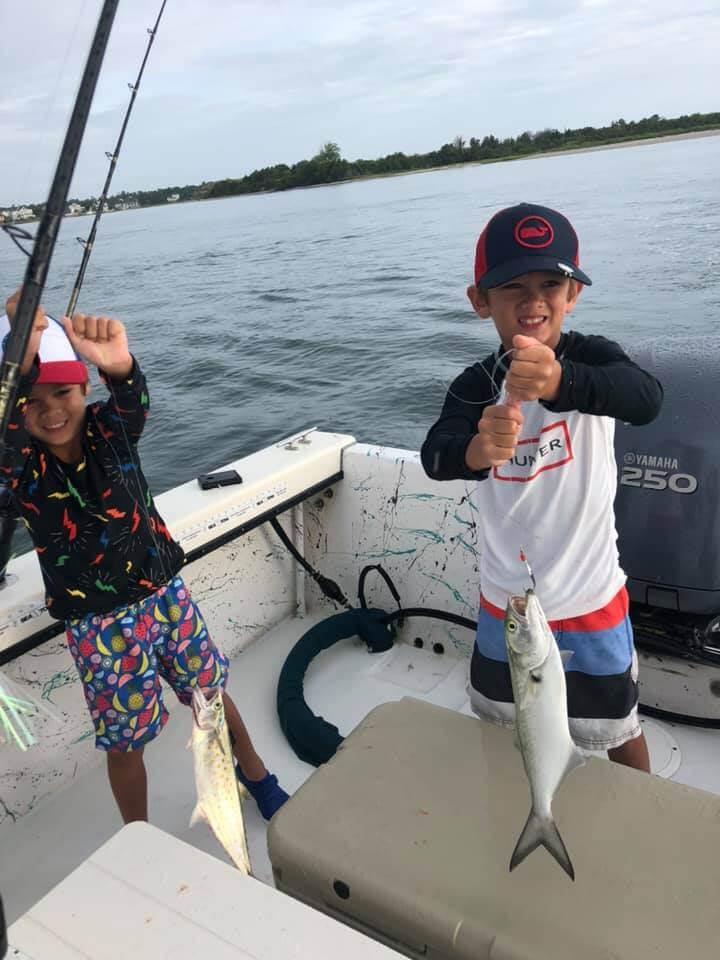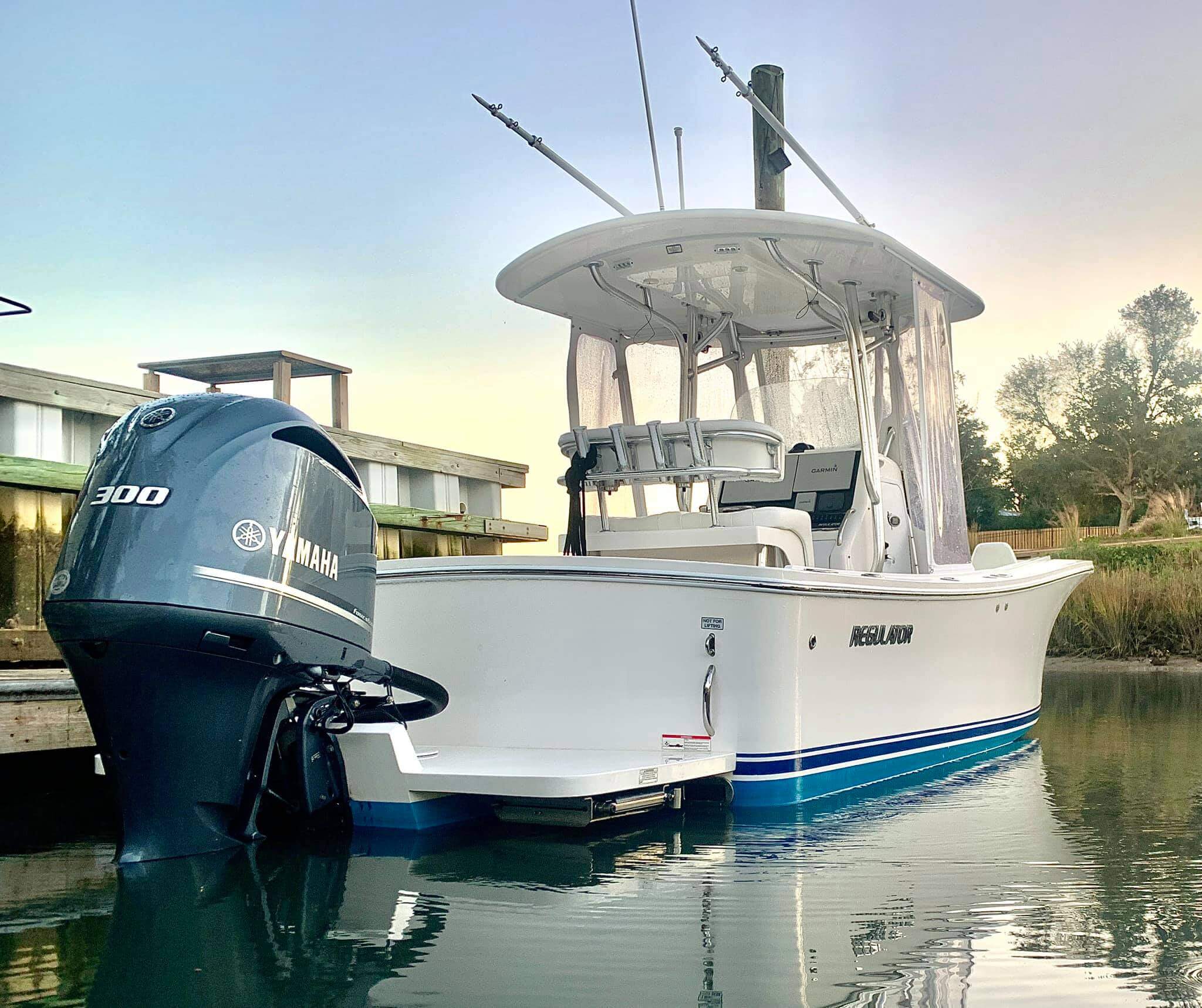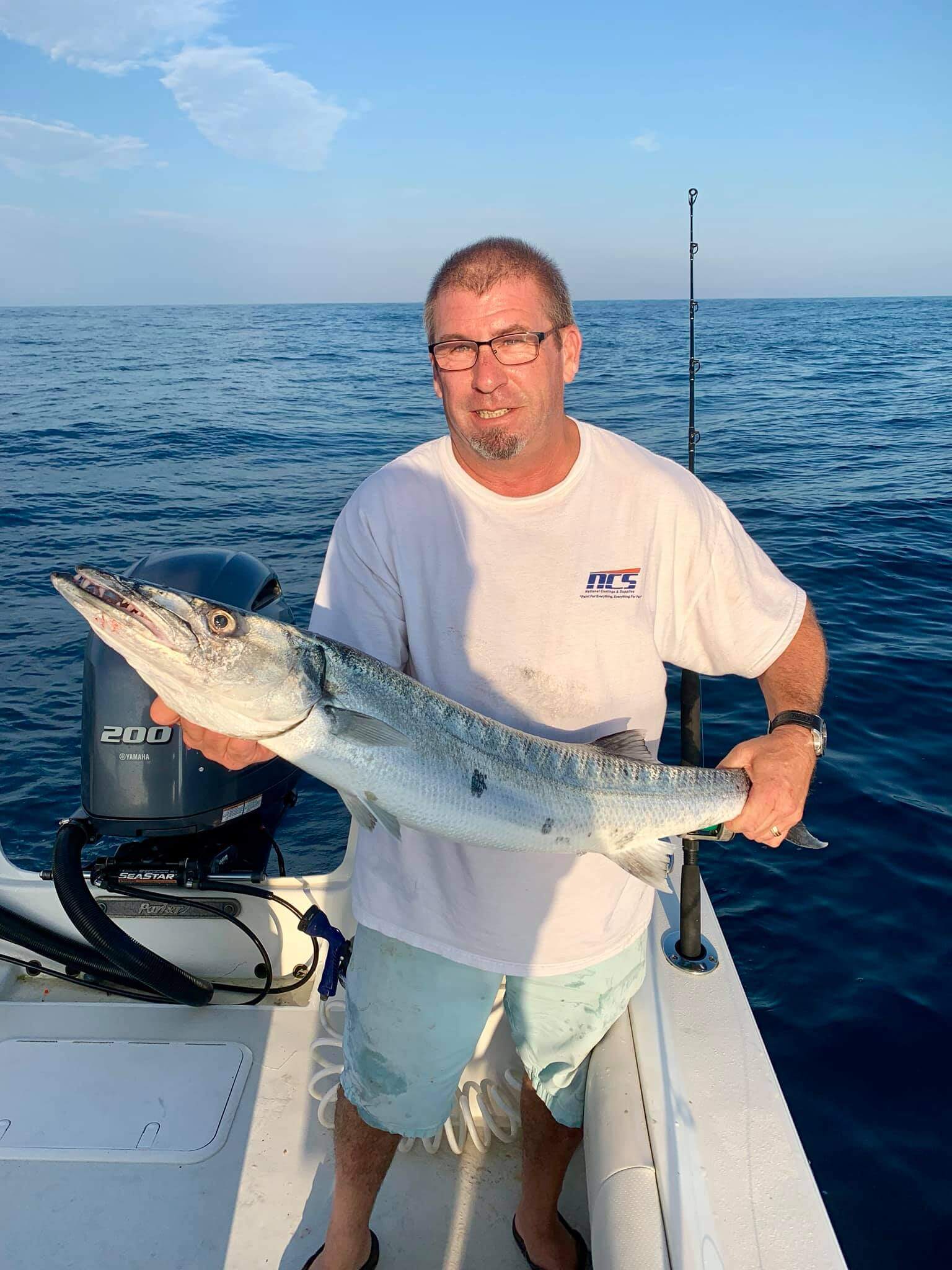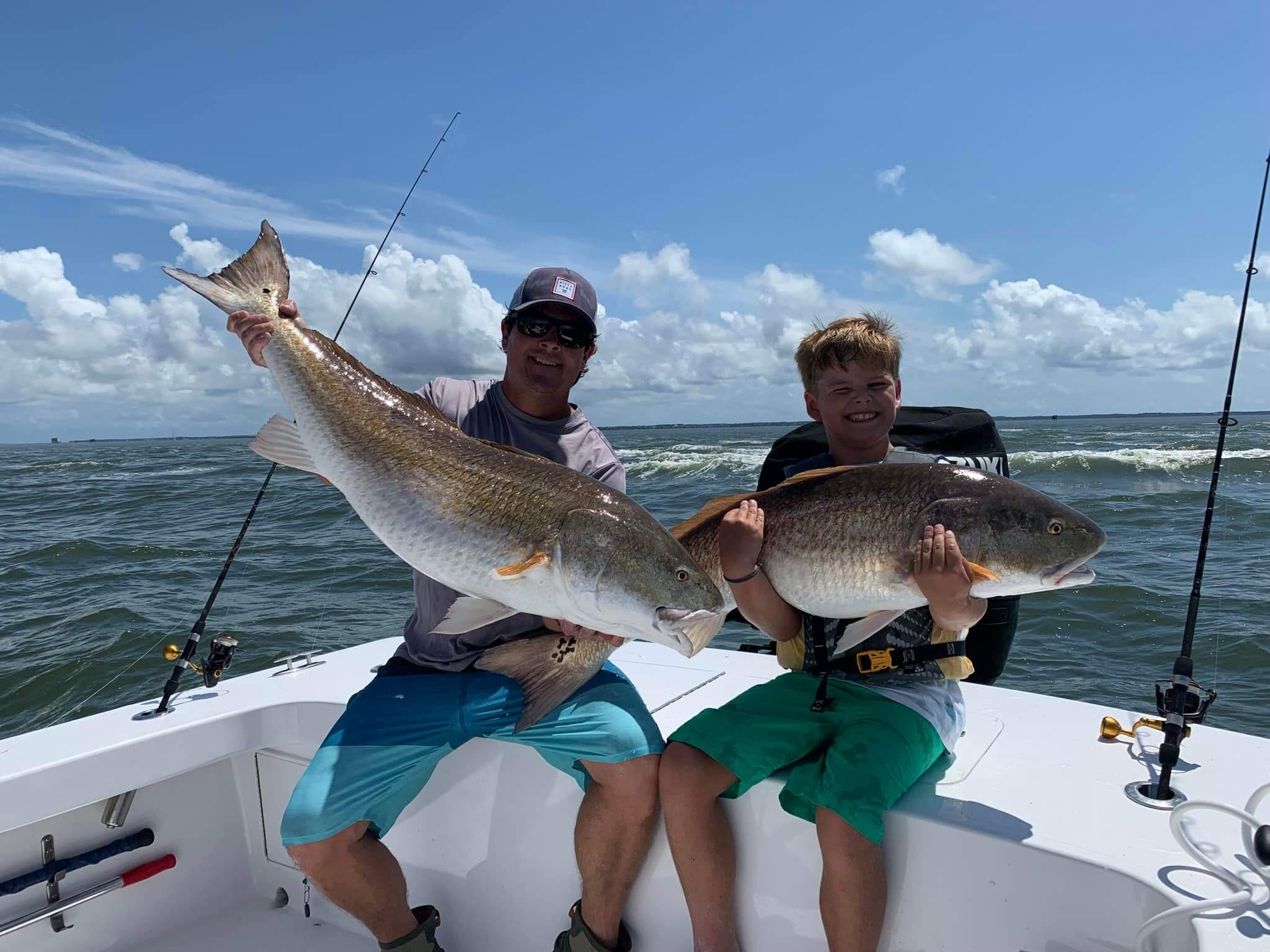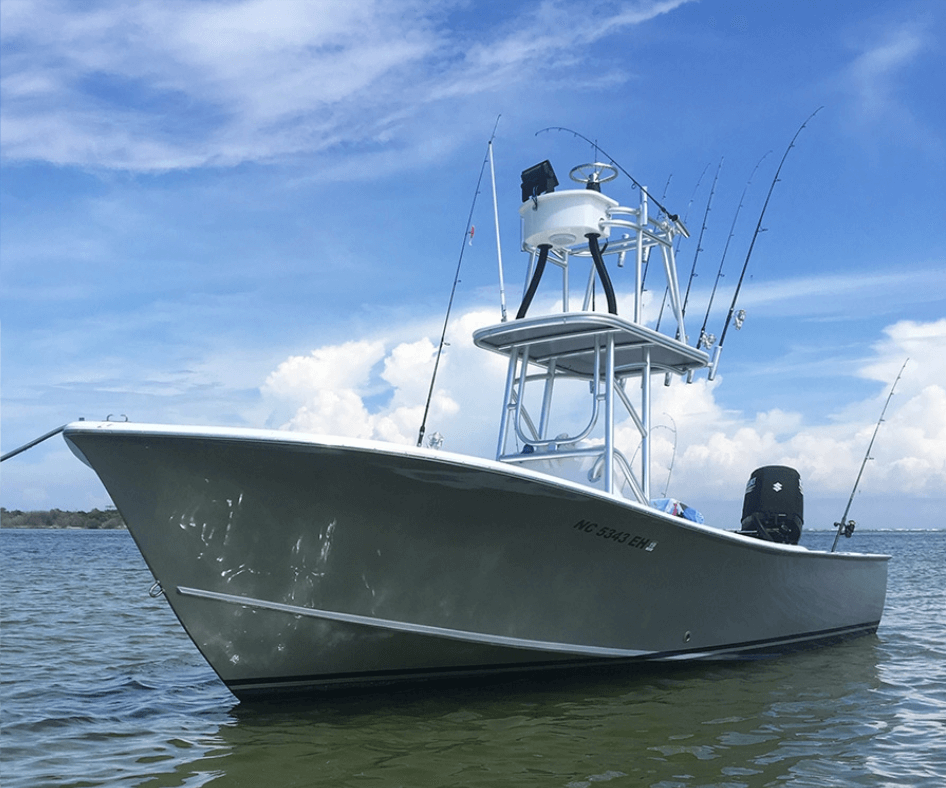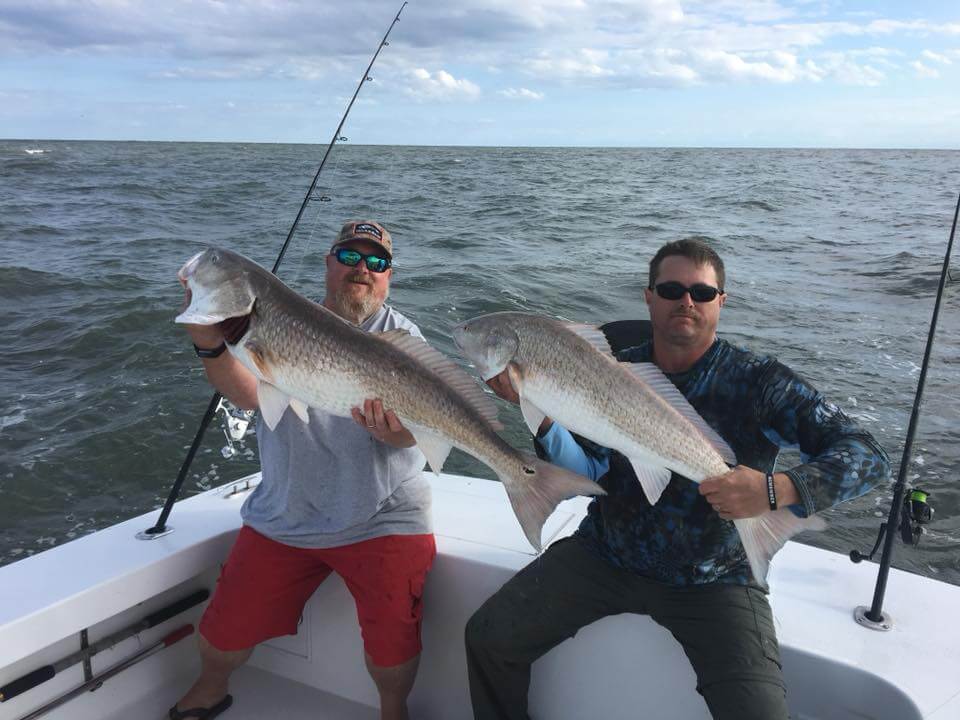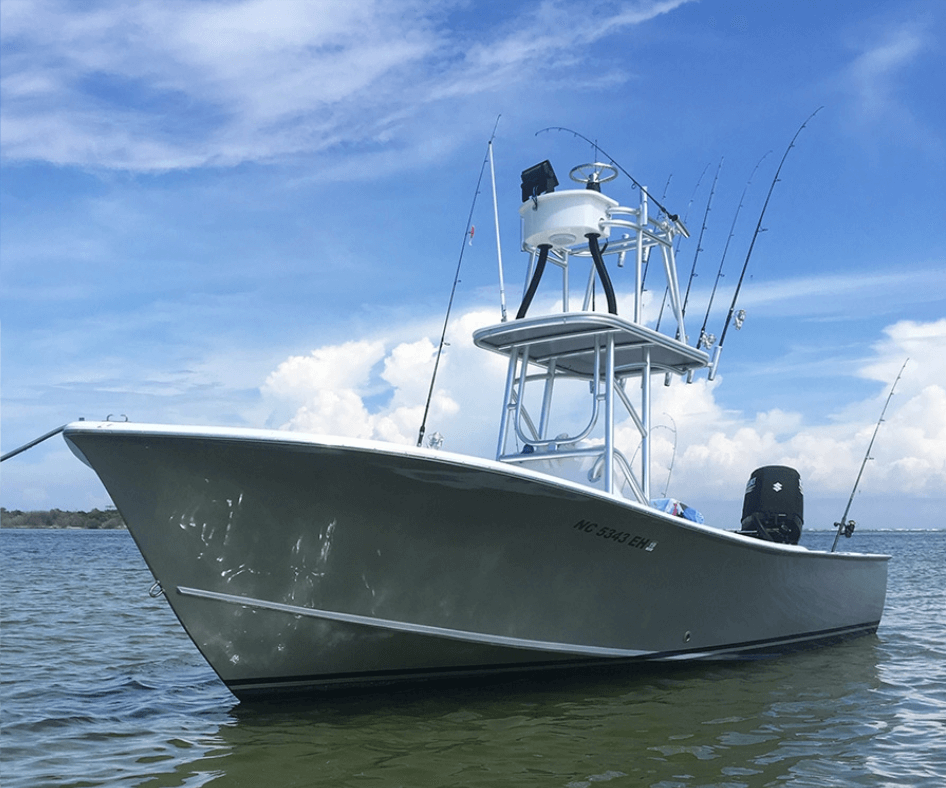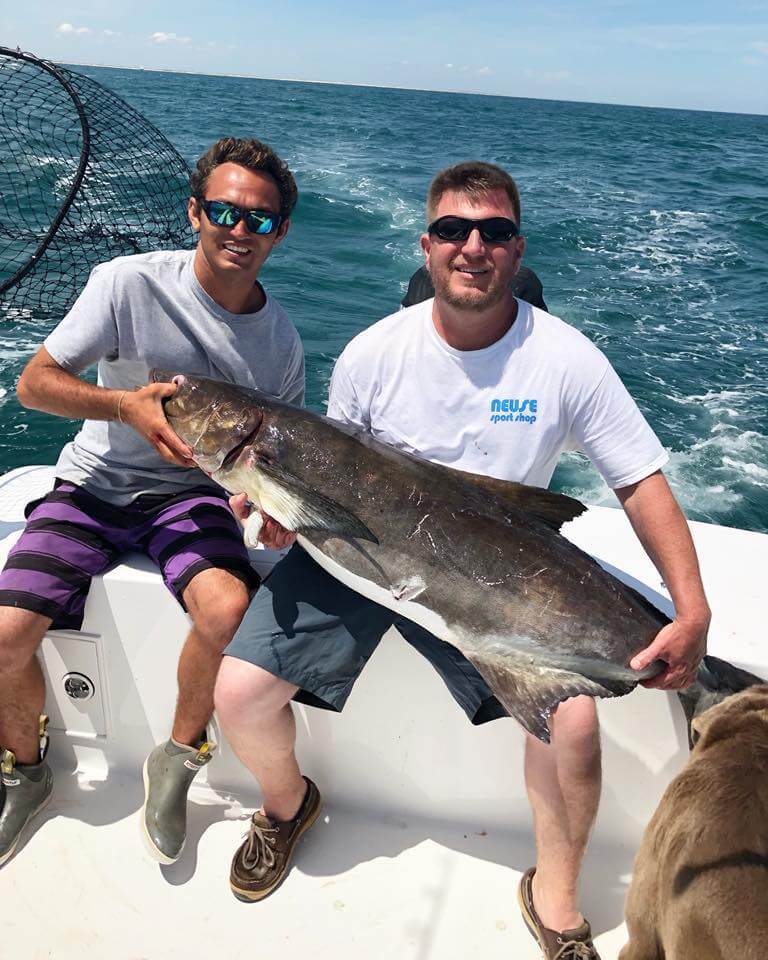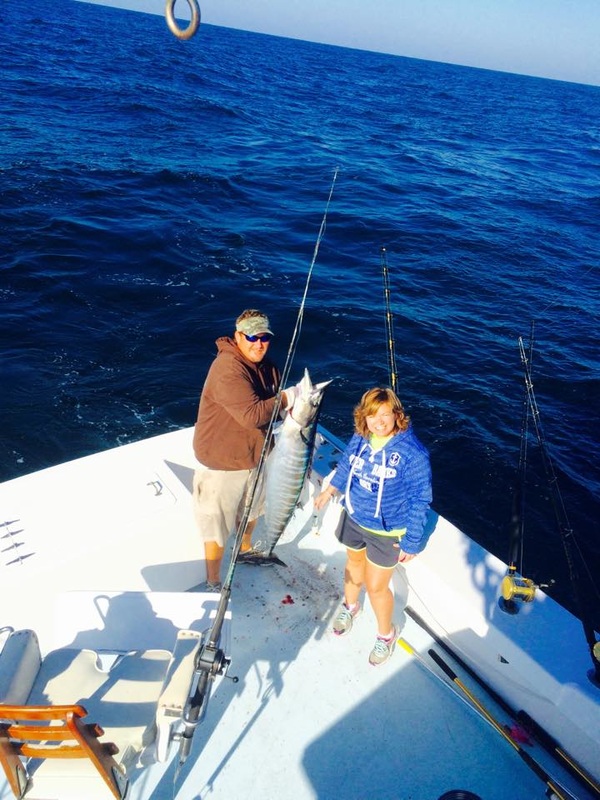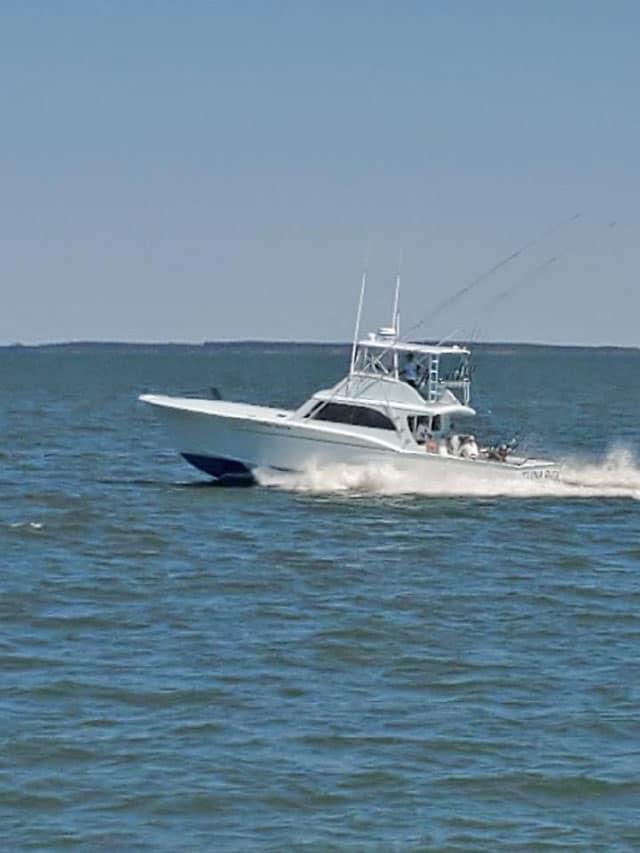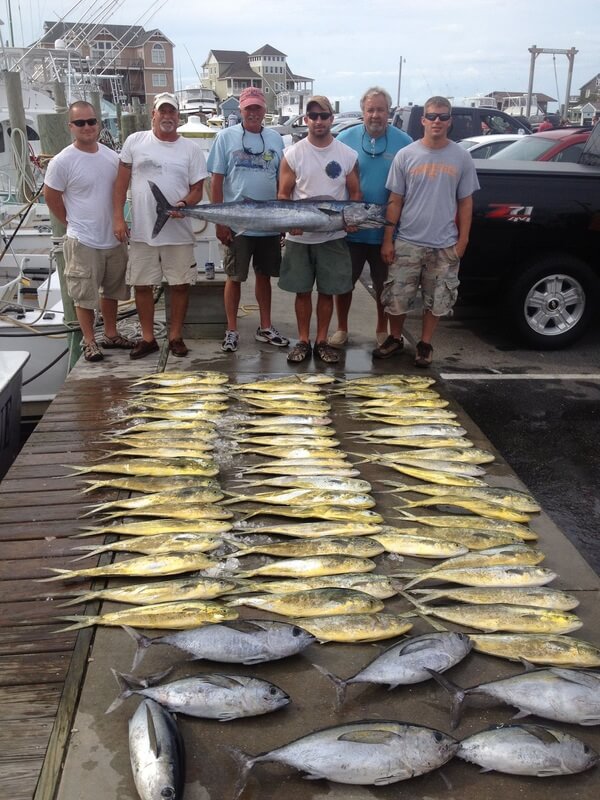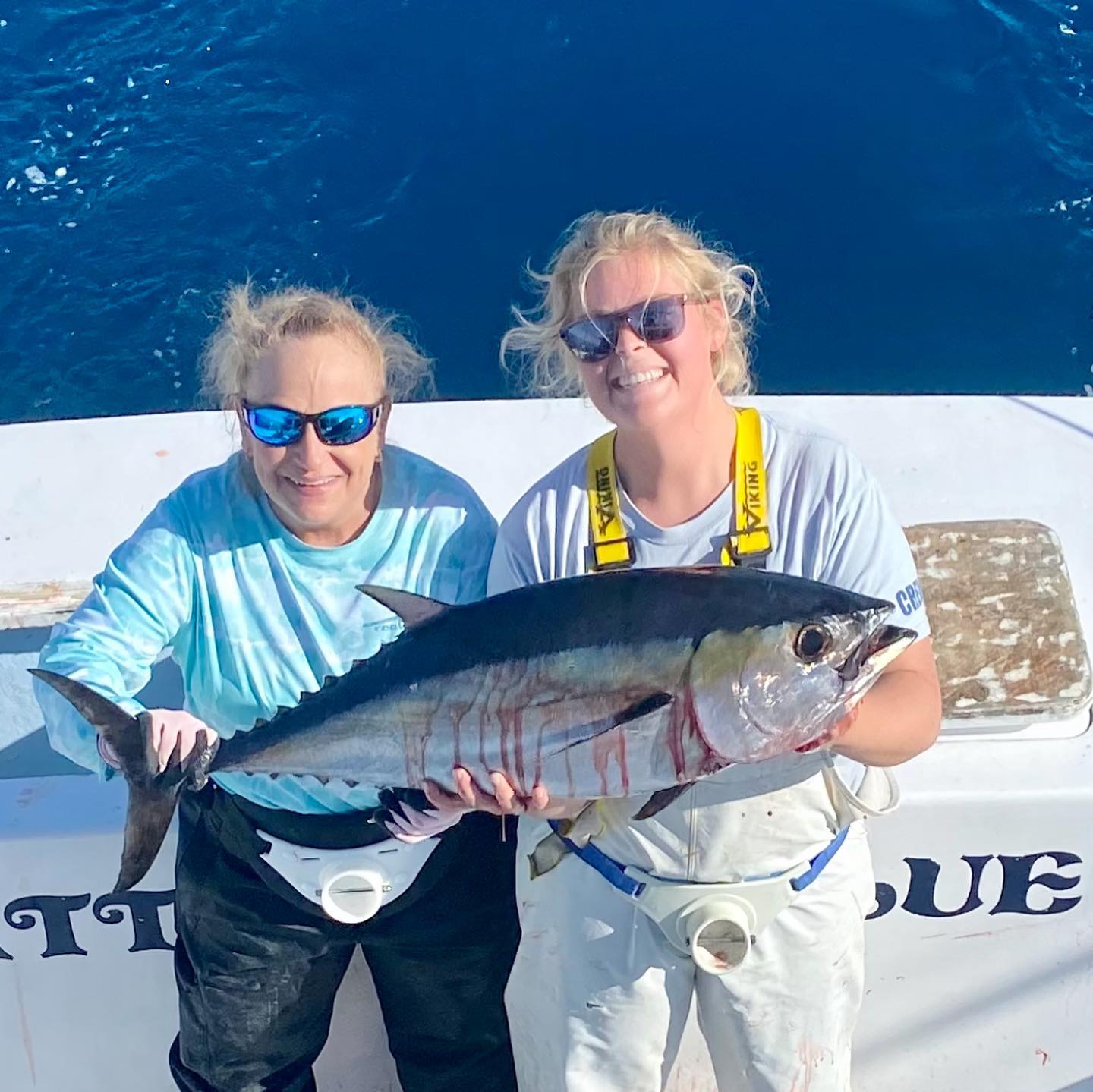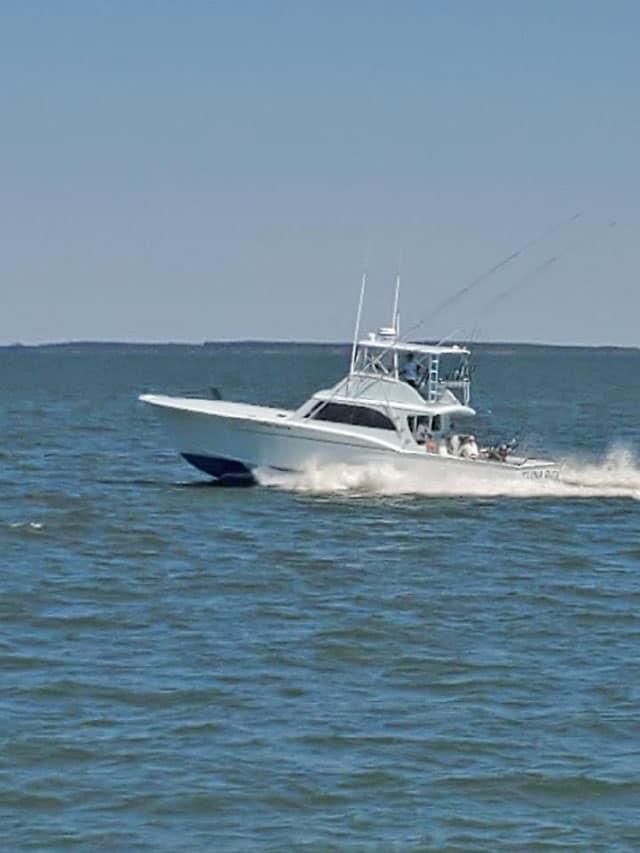Damn Good Guides
Experts Available 24/7
100% Weather Guarantee
Recently Booked Duck Hunting Guides In North Carolina
Open Water Scissor Rig Duck Hunts
OBX Waterfowl Hunting
Dawn Patrol Ducks
“Our Damn Good Guides go above and beyond, and we’ve handpicked every single one. We’re passionate about the outdoors and look forward to getting you out on the trip of a lifetime, every time.”
Jonathan and Attison | Co-founders | Austin, Texas
Other Captain Experiences Trips in North Carolina
Float Trips, Full/Half Days
North Carolina Wade Trip
Inshore, Nearshore, River in Harkers Island
Nearshore Fishing Trip
Inshore, Nearshore, Jetty in Harkers Island
NC Classic Inshore Fishing Trip
Nearshore, Jetty Fishing in Harkers Island
Nearshore Fly Fishing
Summer Offshore Run
Deep Sea, Nearshore Fishing in Wrightsville Beach
Fishing Special - 26’ C-Hawk
Nearshore Fishing in Wilmington
Wilmington Mixed Bag
Inshore, Nearshore Fishing in Hatteras
Hatteras Inshore Experience
Hatteras Inshore & Nearshore
Gulf Stream Deep Run
Yellowfin & Mahi Mahi Combo
Need a Place to Stay?
Everything to Know About Booking a hunting trip in North Carolina
What are the best duck hunting trips in North Carolina?
The best duck hunting trips in North Carolina are:
What is duck hunting in North Carolina all about?
Duck hunting in North Carolina offers hunters a diverse and rewarding experience amidst the state's varied landscapes and extensive waterfowl habitats. From coastal marshes and sounds to inland lakes and rivers, North Carolina provides ample opportunities for pursuing a wide range of duck species during their winter migrations. The duck hunting season typically spans from October through January, aligning with the peak migration periods when ducks flock to North Carolina's abundant feeding grounds and temperate wintering areas.
Hunters in North Carolina target a variety of duck species, including mallards, wood ducks, teal, pintails, gadwalls, and more. Each species presents its own set of challenges and opportunities, from the fast-flying teal to the colorful wood duck known for its distinctive markings. Different hunting techniques are employed based on the habitats and behaviors of these ducks. This includes setting up decoys to attract birds, using calling techniques to mimic their vocalizations, and utilizing blinds or natural cover for concealment.
The North Carolina Wildlife Resources Commission (NCWRC) regulates duck hunting seasons and establishes rules regarding bag limits, hunting zones, and permissible hunting methods. Hunters must obtain the appropriate licenses and adhere to these regulations to participate legally in duck hunting. Beyond the thrill of the hunt, duck hunting in North Carolina fosters a deep connection to the state's natural resources and conservation efforts, contributing to the management of healthy waterfowl populations and the preservation of wetland habitats essential for both ducks and other wildlife species.
What are the most popular months to go duck hunting in North Carolina?
Duck hunting seasons in North Carolina are meticulously planned to coincide with the annual migrations of waterfowl through the state's diverse habitats. Typically, the duck hunting season begins in October and extends into January, aligning with the times when various duck species move southward to escape colder northern climates. This period allows hunters to capitalize on the presence of ducks in North Carolina's wetlands, rivers, sounds, and coastal marshes, where they gather in large numbers to feed and rest.
The North Carolina Wildlife Resources Commission (NCWRC) oversees and regulates duck hunting seasons to ensure sustainable practices and conservation of waterfowl populations. Hunters are required to obtain the appropriate licenses and comply with bag limits, hunting zones, and other guidelines established by NCWRC. These regulations are designed to maintain healthy duck populations while promoting ethical hunting practices and preserving the state's natural resources.
Different hunting techniques are employed during duck hunting season in North Carolina, depending on the species and habitat preferences of the ducks. Hunters often use decoys strategically placed on waterways or flooded fields to simulate a flock of feeding ducks, complemented by calling techniques that replicate duck vocalizations to attract birds within shooting range. Blinds or natural cover are also commonly utilized to conceal hunters and provide them with a strategic advantage, ensuring a challenging yet rewarding hunting experience amidst North Carolina's picturesque landscapes.
What techniques are popular for duck hunting in North Carolina?
Duck hunting in North Carolina encompasses a variety of types and techniques tailored to the state's diverse waterfowl habitats and the behaviors of different duck species. One popular method among hunters is using decoys strategically placed in wetlands, rivers, sounds, or flooded fields to attract passing ducks. Decoys are often designed to mimic various duck species and are complemented by calling techniques that replicate duck vocalizations, such as quacks and feeding calls. This combination creates a realistic environment that encourages ducks to approach within shooting range.
Another effective technique in North Carolina duck hunting is utilizing blinds or natural cover for concealment. Hunters set up blinds along marsh edges, lakeshores, or within flooded timber where ducks frequent. These blinds can be permanent structures or temporary setups, designed to blend seamlessly into the surroundings and provide hunters with a hidden vantage point. This approach requires patience and keen observation of duck behavior to anticipate the best opportunities for a clean shot.
North Carolina's diverse landscapes also offer opportunities for different hunting styles such as jump shooting and float hunting. Jump shooting involves quietly moving along waterways or marsh edges to surprise ducks resting or feeding in secluded areas. Float hunting, on the other hand, utilizes boats or float tubes to navigate larger bodies of water where ducks gather, allowing hunters to access remote areas and increase their chances of encountering waterfowl. By employing a range of techniques suited to North Carolina's unique waterfowl environments, hunters can enhance their hunting success while enjoying the natural beauty and excitement of the sport.
What species are popular for duck hunting in North Carolina?
When duck hunting in North Carolina, hunters have the opportunity to pursue a variety of waterfowl species that inhabit the state's diverse wetlands, sounds, rivers, and coastal marshes. Among the most sought-after species are mallards, known for their adaptability and vibrant plumage, making them a staple in North Carolina's duck hunting scene. These ducks can be found in a range of habitats and are prized for their challenging flight patterns and rewarding hunting experiences. Additionally, wood ducks are another popular species among hunters, recognizable for their striking colors and preference for wooded wetlands and swamps, providing a unique hunting challenge in more secluded areas.
Teal species, such as blue-winged and green-winged teal, are also prevalent targets during North Carolina's duck hunting season. These smaller ducks are known for their rapid flight and agile movements, often found in shallow water habitats and along the edges of ponds and marshes. Their distinctive characteristics and behavior make them a favored choice among hunters seeking fast-paced and dynamic hunting opportunities. Hunters may also encounter other duck species including gadwalls, pintails, and wigeons, each offering their own set of characteristics and hunting challenges across North Carolina's diverse landscapes.
Participating in duck hunting in North Carolina not only provides hunters with the thrill of pursuing these iconic waterfowl species but also supports conservation efforts and wildlife management initiatives. Responsible hunting practices, regulated by the North Carolina Wildlife Resources Commission (NCWRC), ensure sustainable harvests and contribute to the preservation of healthy duck populations and their habitats. By following hunting regulations and respecting natural environments, hunters contribute to the long-term viability of North Carolina's rich waterfowl heritage while enjoying the camaraderie and outdoor adventure that duck hunting offers.
Recent Reviews
The Best Places to Hunt in North Carolina
Featured Cities
- Fishing Charters Near Me
- Austin Fishing Guides
- Biloxi Fishing Charters
- Bradenton Fishing Charters
- Cabo San Lucas Fishing Charters
- Cancun Fishing Charters
- Cape Coral Fishing Charters
- Charleston Fishing Charters
- Clearwater Fishing Charters
- Corpus Christi Fishing Charters
- Crystal River Fishing Charters
- Dauphin Island Fishing Charters
- Daytona Beach Fishing Charters
- Destin Fishing Charters
- Fort Lauderdale Fishing Charters
- Fort Myers Fishing Charters
- Fort Walton Beach Fishing Charters
- Galveston Fishing Charters
- Gulf Shores Fishing Charters
- Hatteras Fishing Charters
- Hilton Head Fishing Charters
- Islamorada Fishing Charters
- Jacksonville Fishing Charters
- Jupiter Fishing Charters
- Key Largo Fishing Charters
- Key West Fishing Charters
- Kona Fishing Charters
- Lakeside Marblehead Fishing Charters
- Marathon Fishing Charters
- Marco Island Fishing Charters
- Miami Fishing Charters
- Montauk Fishing Charters
- Morehead City Fishing Charters
- Naples Fishing Charters
- New Orleans Fishing Charters
- New Smyrna Beach Fishing Charters
- Ocean City Fishing Charters
- Orange Beach Fishing Charters
- Panama City Beach Fishing Charters
- Pensacola Fishing Charters
- Pompano Beach Fishing Charters
- Port Aransas Fishing Charters
- Port Orange Fishing Charters
- Rockport Fishing Charters
- San Diego Fishing Charters
- San Juan Fishing Charters
- Sarasota Fishing Charters
- South Padre Island Fishing Charters
- St. Augustine Fishing Charters
- St. Petersburg Fishing Charters
- Tampa Fishing Charters
- Tarpon Springs Fishing Charters
- Venice Fishing Charters
- Virginia Beach Fishing Charters
- West Palm Beach Fishing Charters
- Wilmington Fishing Charters
- Wrightsville Beach Fishing Charters
Didn't Find What You Were Looking For?
Our guides are Damn Good Guides, which means they’re vetted by our team of outdoor experts who know them on a first-name basis. We hand pick each and every one of them, and our network spans all across the US and beyond.
The proof is in the pudding, and we’re incredibly proud of our 4.9 / 5 average review score. Hit the button below to see more trip options:
